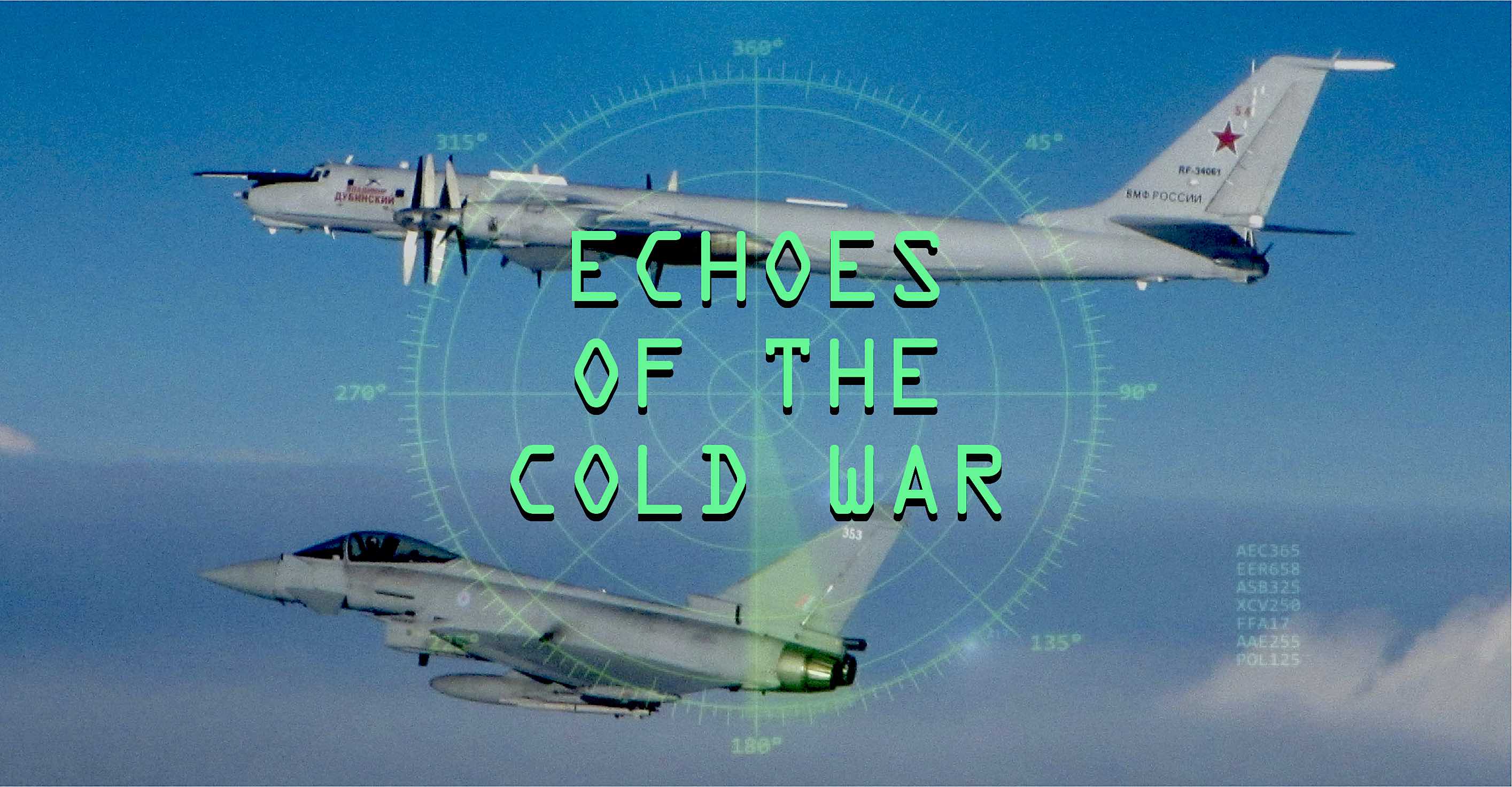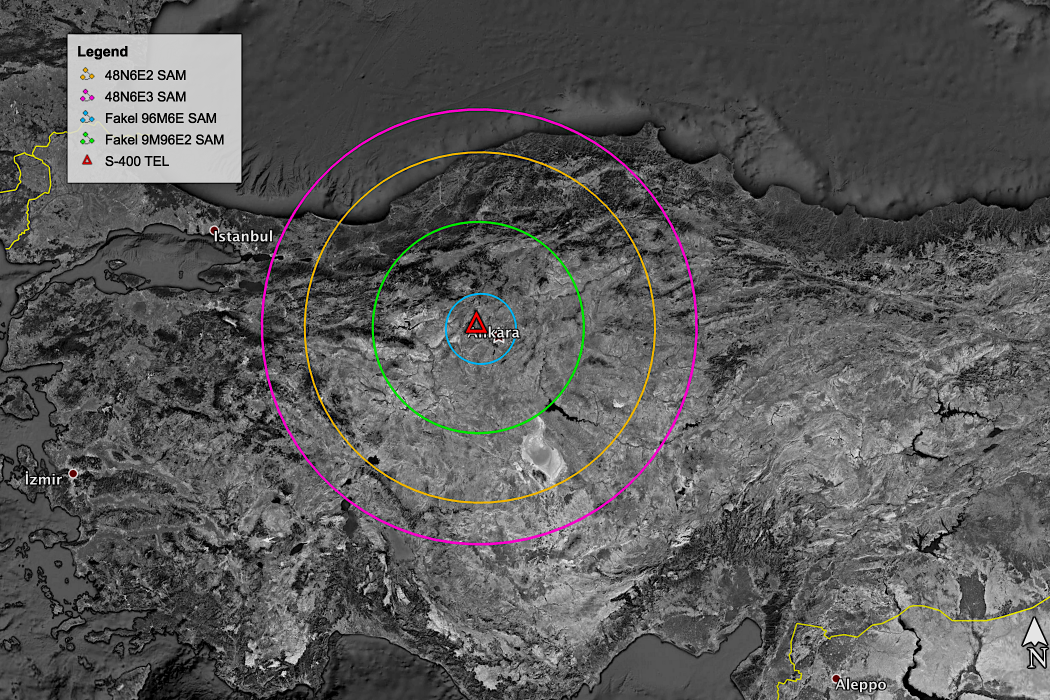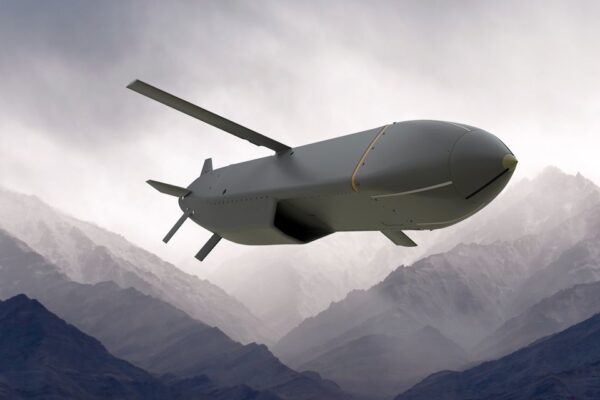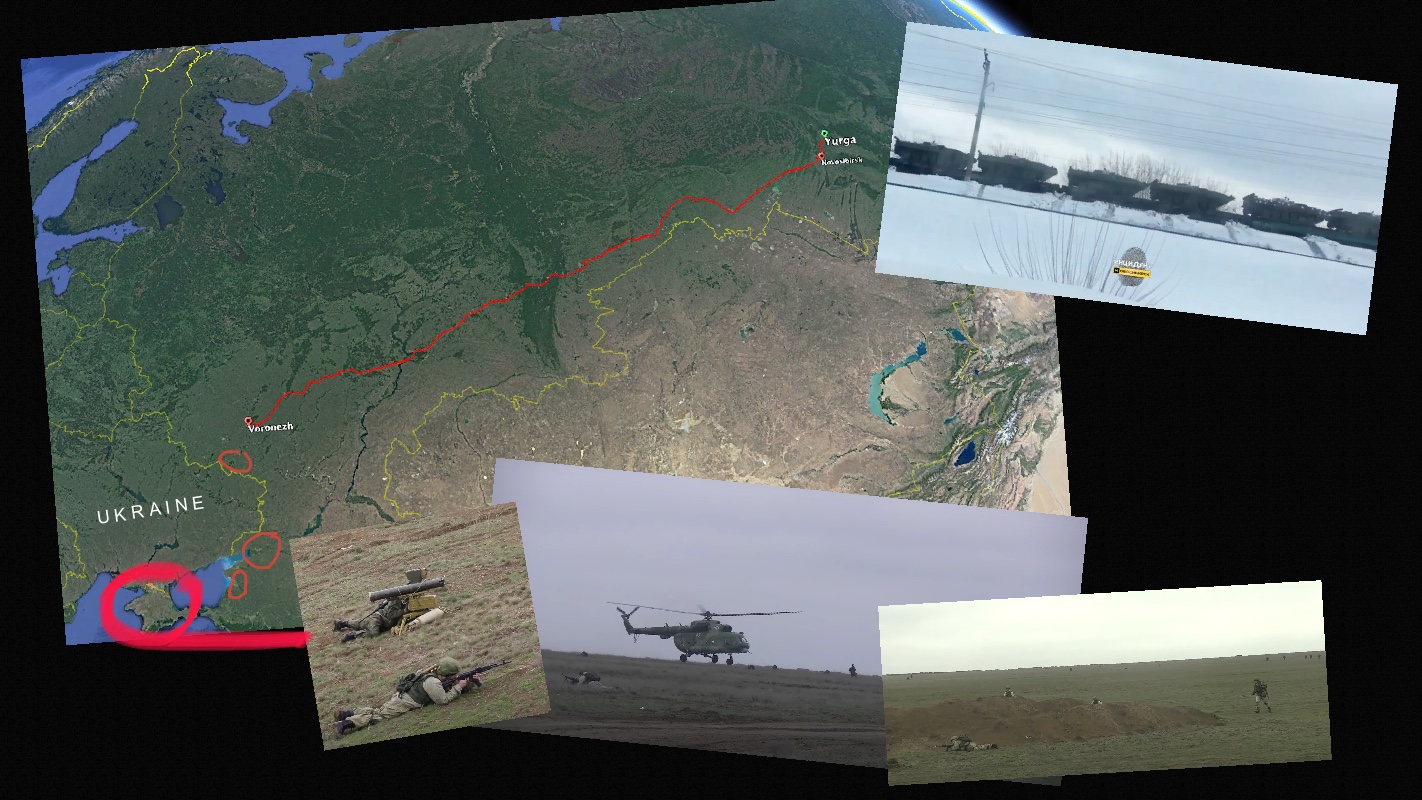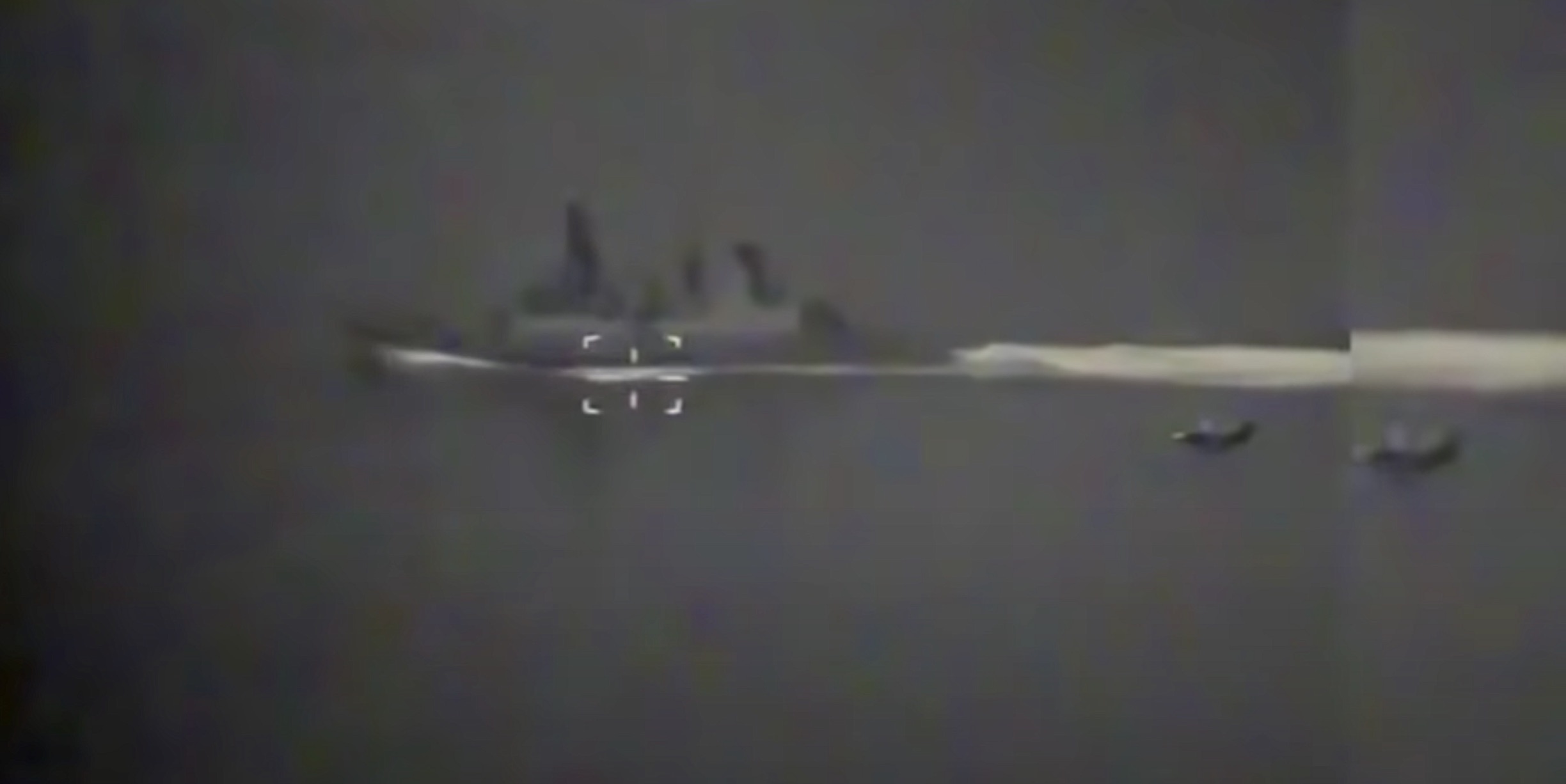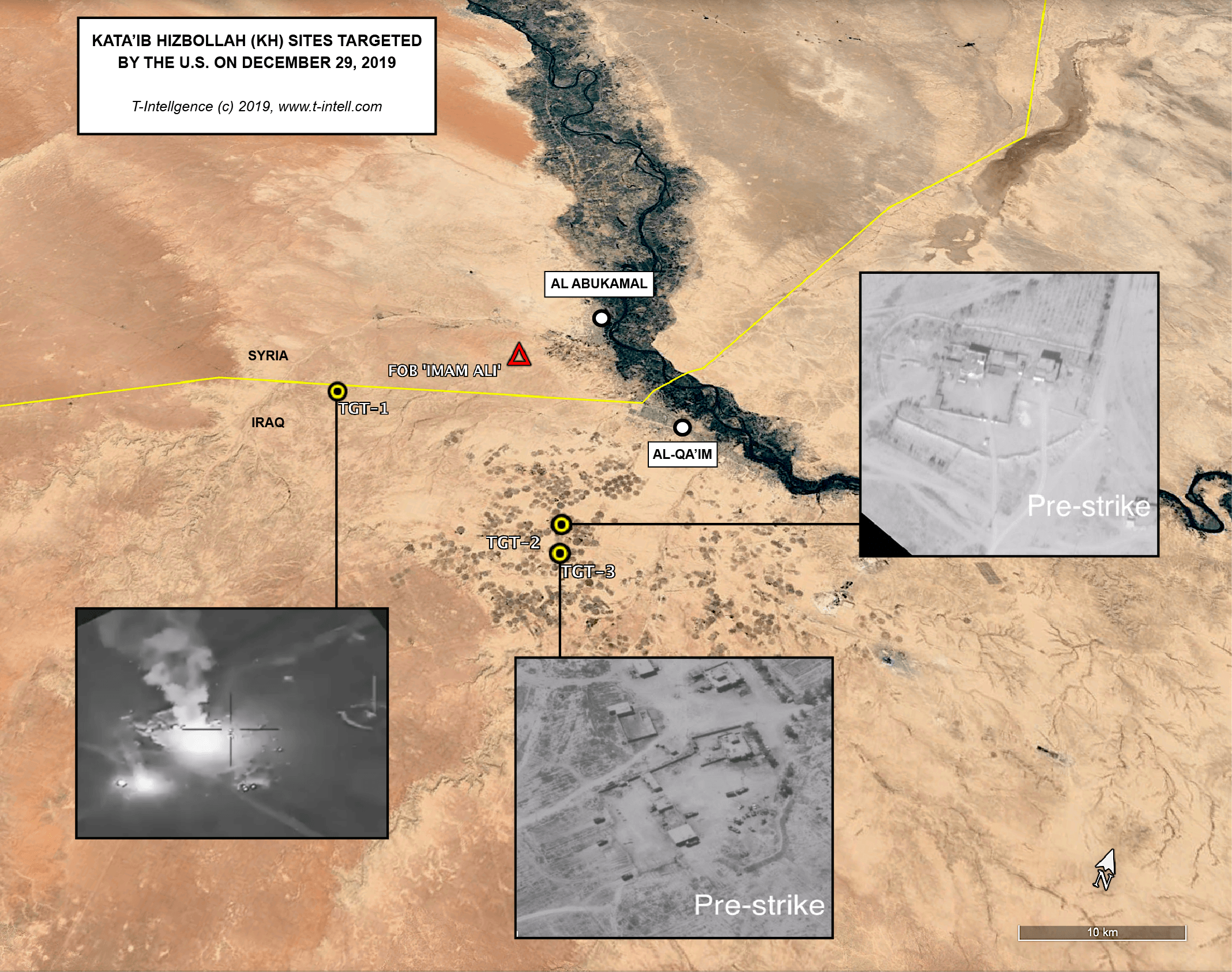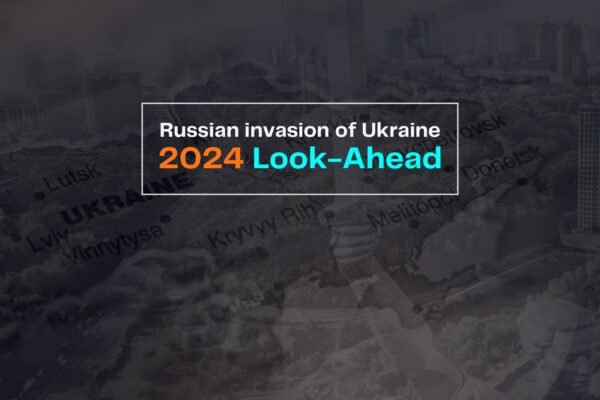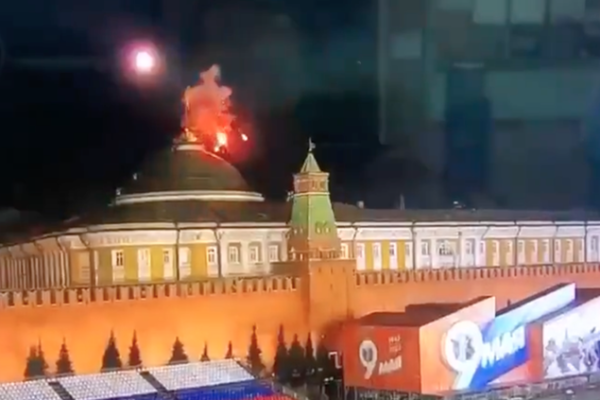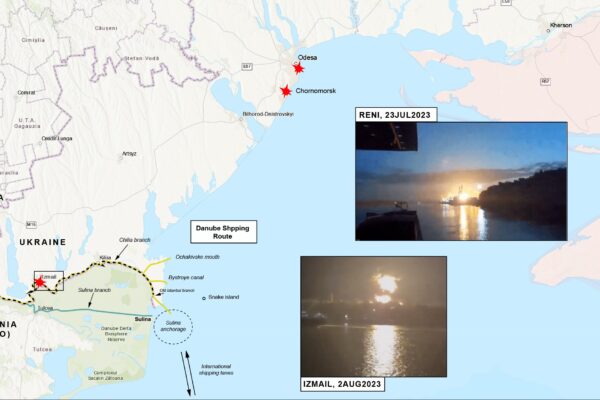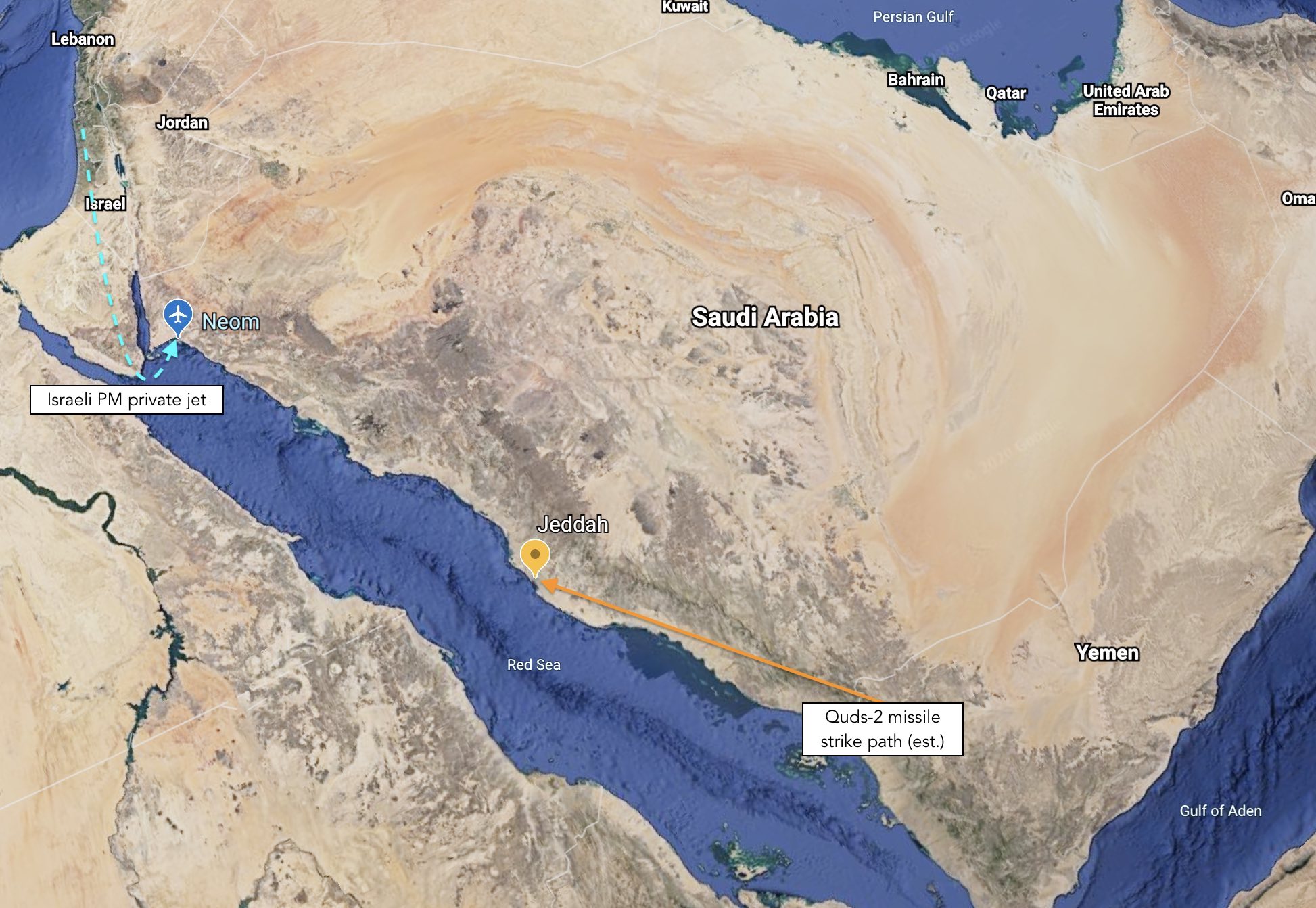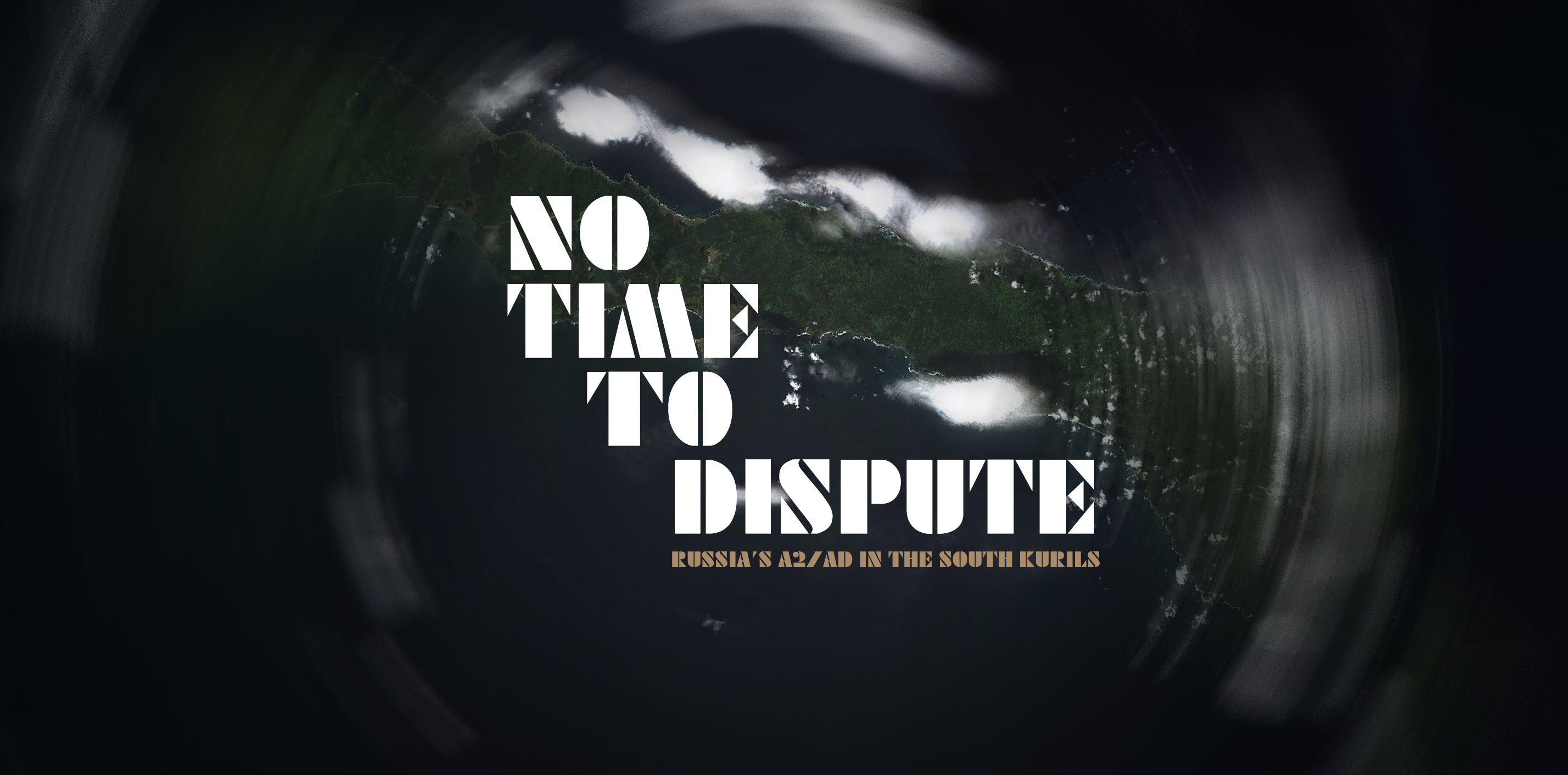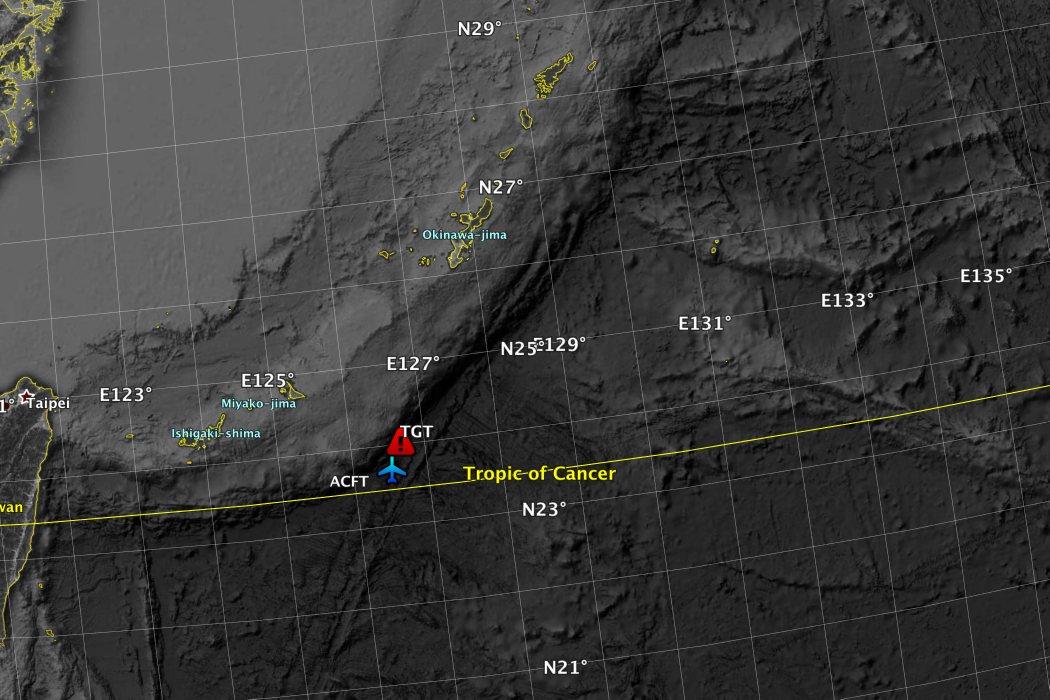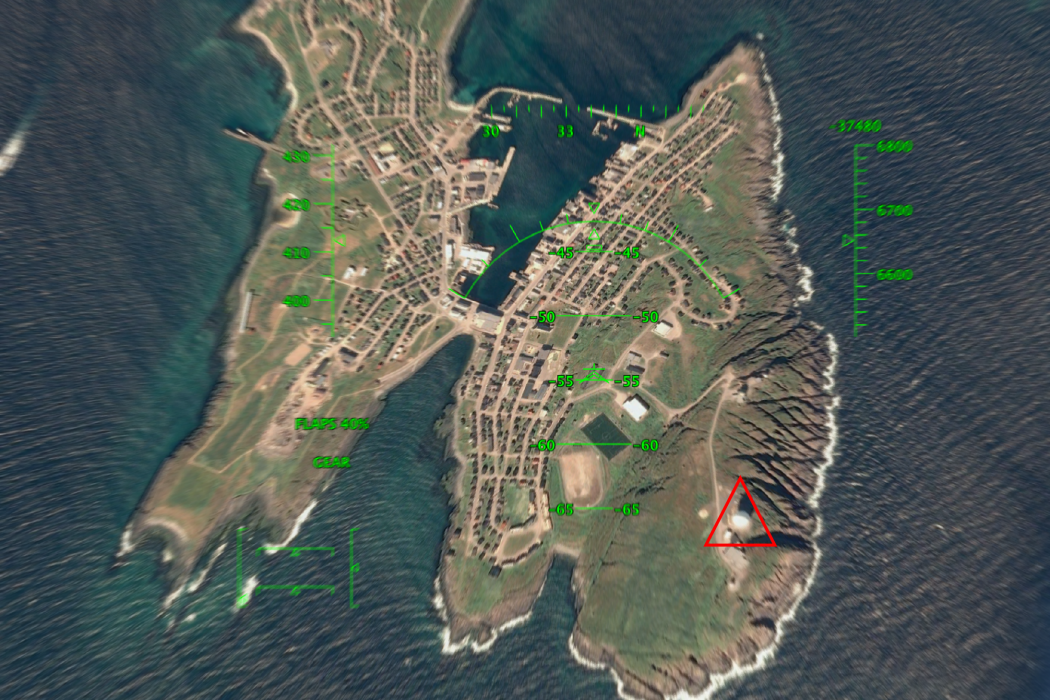
The so-called president of Moldova’s Transnistria breakaway region has called for a general congress of deputies– many fear the separatists will ask to join Russia, raising tensions. While under normal circumstances, the notion that Transnistria would seek annexation by Russia could be dismissed as a recurring scare tactic or psychological operations (psyops), the current regional context requires vigilance and continuous situational reassessments.
KRASNOSELSKI CONVENES A ‘GENERAL CONGRESS’
On 19FEB24, Moldovan press reported that the so-called president of Transnistria, or the self-proclaimed “Prednistrovian Moldovan Republic/PMR”, Vadim Krasnoselski, decided to convene a general congress of deputies.
On 22FEB24, the ‘Supreme Soviet,’ the so-called Transnistrian parliament, scheduled the congress for 28FEB24 at 11:00 am local time, at the “Palace of the Republic.”
The last time such a meeting took place was in 2006 when the congress decided to organize a ‘referendum’ to join Russia– the yes vote ‘won’ by 97%.
REQUEST FOR ANNEXATION?
The Transnistrian activist Ghenadie Ciorba issued a personal assessment indicating that the congress will likely request Russia to annex Transnistria. Ciorba said that this would likely be followed by Russian President Putin approving the request on 29FEB.
Note that Transnistria has played the annexation card periodically since the 1992 war and continues to threaten that it will ask to join Russia when pressured.
REACTIONS FROM MOLDOVA AND UKRAINE
Moldova and Ukraine have expressed skepticism and uncertainty regarding the threat scenario issued by Ciorba, who remains the sole source for this information.
MOLDOVA: PSYOPS
Chisinau responded to the news through the Reintegration Bureau: “Based on the information available, there is no reason to believe that the situation in the region could deteriorate. We are convinced that Tiraspol is aware of the consequences it assumes in case of thoughtless steps.”
Unofficially, Moldovan government sources dismissed this as psychological operations (psyops), assuring that no ‘Crimea scenario’ is expected.
UKRAINE: UNCONFIRMED
Andrii Yusov, spokesperson for Ukraine’s Defence Intelligence, stated in a comment for Ukrainska Pravda: ‘According to our information, the claim that on 28 February the Transnistrian ‘authorities’ are going to ask Russia about joining its territory is currently unconfirmed.’
Even if a request is placed and Russia accepts it, there are practical implications to such an annexation.
PRACTICAL IMPLICATIONS OF ANNEXATION
Russia cannot physically link up with Transnistria due to the ongoing war in Ukraine, making any annexation purely symbolic.
Establishing a land bridge or air corridor is impossible as long as Ukraine controls Odesa oblast.
A naval operation is even more implausible, given that Russian warships cannot even safely operate in the northwestern Black Sea.
T-Intelligece extensively addressed these scenarios in a threatcast published in mid-2022.
An eventual annexation would likely be symbolic, aiming to instill fear in Chisinau and impede Moldova’s European integration.
MOLDOVA’S CONSTITUTIONAL RECLAMATION & EUROPEAN INTEGRATION
Whether a psyop or another annexation, the latest development should be viewed in the context of Moldova’s European integration and efforts to regain constitutional control over its entire territory, including Transnistria.
MOLDOVA’S EUROPEAN SUCCESS
After two Russian-backed coup attempts in 2023 and multiple ‘hybrid’ operations against the Chisinau government, Russia is expected to intensify its blocking efforts in 2024.
Despite facing challenges, the Chisinau government continues its course undeterred. Moldova achieved EU candidate status in 2023 and is progressing towards full membership by 2030.
CUSTOMS CODE, ‘5+2″ TO ‘1+1″, AND SIGNS OF REAPPAROCHMENT
In 2024, Moldova sought to align its customs code with European legislation, necessitating uniform nationwide implementation of tax regulations.
This removes most exceptions for Transnistrian companies, including Sheriff Holdings, which de facto controls the breakaway region. Sheriff has never felt such political-economic pressure since its inception, so a reaction was to be expected.
The so-called president of Transnistria, Krasnoselski, claimed that Moldova is implementing an “economic blockade,” prompting a call to Russia for help.
Simultaneously, Moldova and Ukraine announced the end of the ‘5+2’ peace negotiations format for the Transnistrian conflict, advocating exclusively for ‘1+1’—direct talks between Chisinau and Tiraspol without mediators like Russia.
Direct talks between Chisianu and Tiraspol already took place at the Tiraspol HQ of the OSCE mission to Moldova on 16JAN24.
In 19FEB24, the Ukrainian Ambassador at Large and charge d’affairs on the Transnistrian file, Paun Rahovei, held talks with Krasnoselski in Transnistria. Aside from iterating the importance of the 1+1 framework, he said that Ukraine might consider opening a consulate in Transnistria, extending an olive branch.
There is also talk about Transnistria facilitating the transit of Ukrainian grains on the way to the Danube ports.
A picture may have begun to emerge in Moscow, namely that Tiraspol is giving in to Moldova’s constitutional reclamation and Ukraine’s pressure.
While under normal circumstances, the notion that Transnistria would seek annexation by Russia could be dismissed as a recurring scare tactic, the current regional context requires vigilance and continuous situational reassessments.
Whether the annexation scenario plays out, is a psychological operation, or reflects genuine intent, further Russian threats against Moldova are anticipated for 2024.




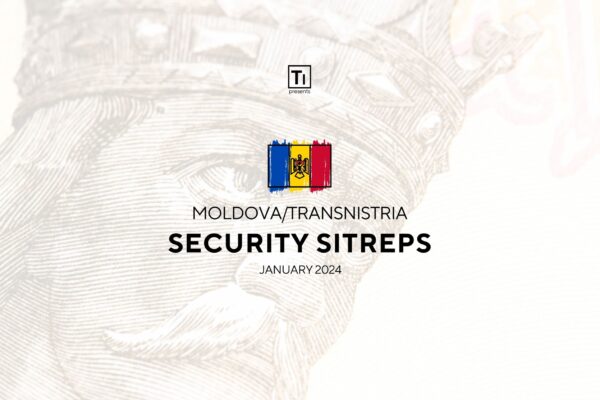
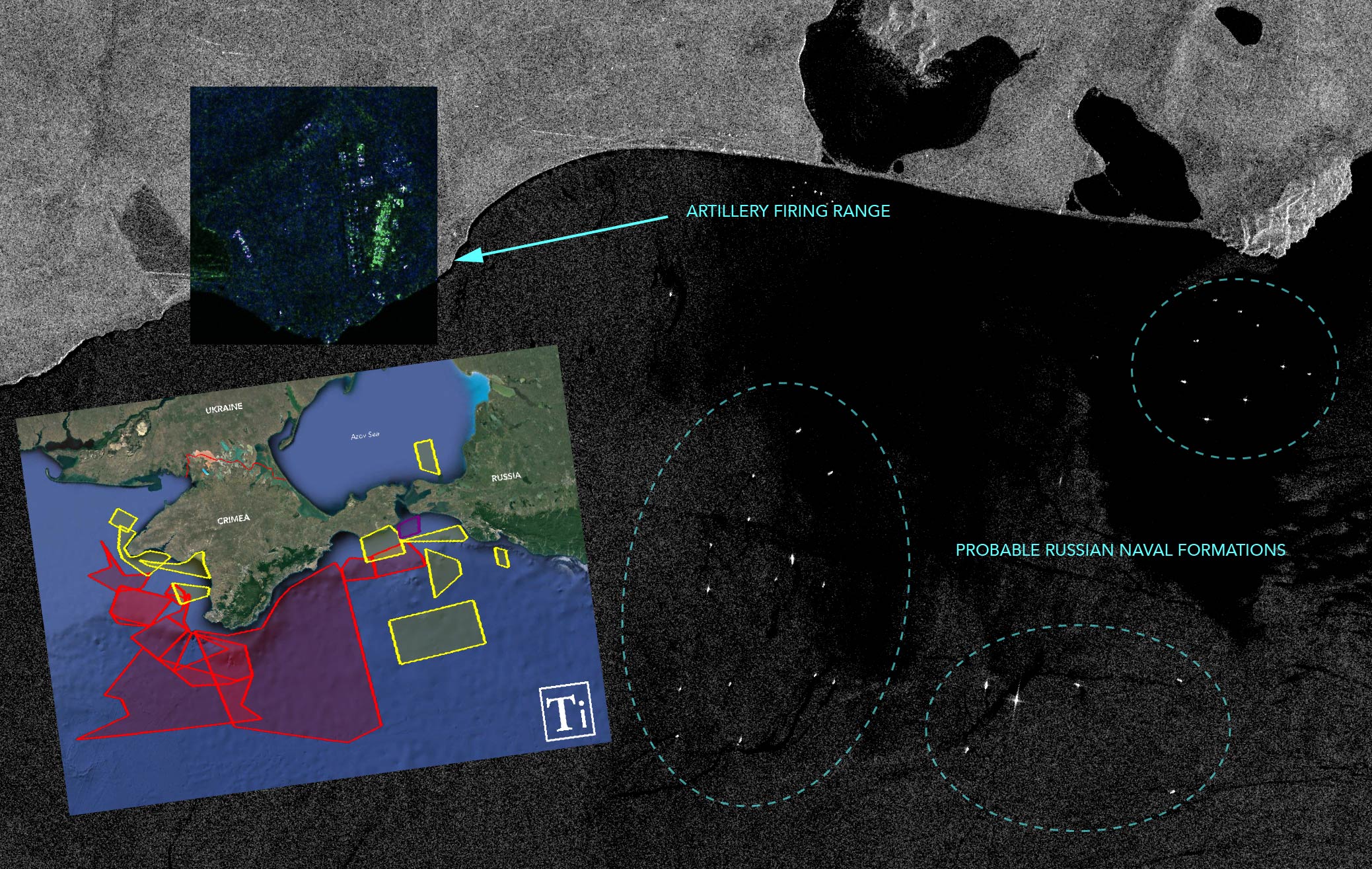
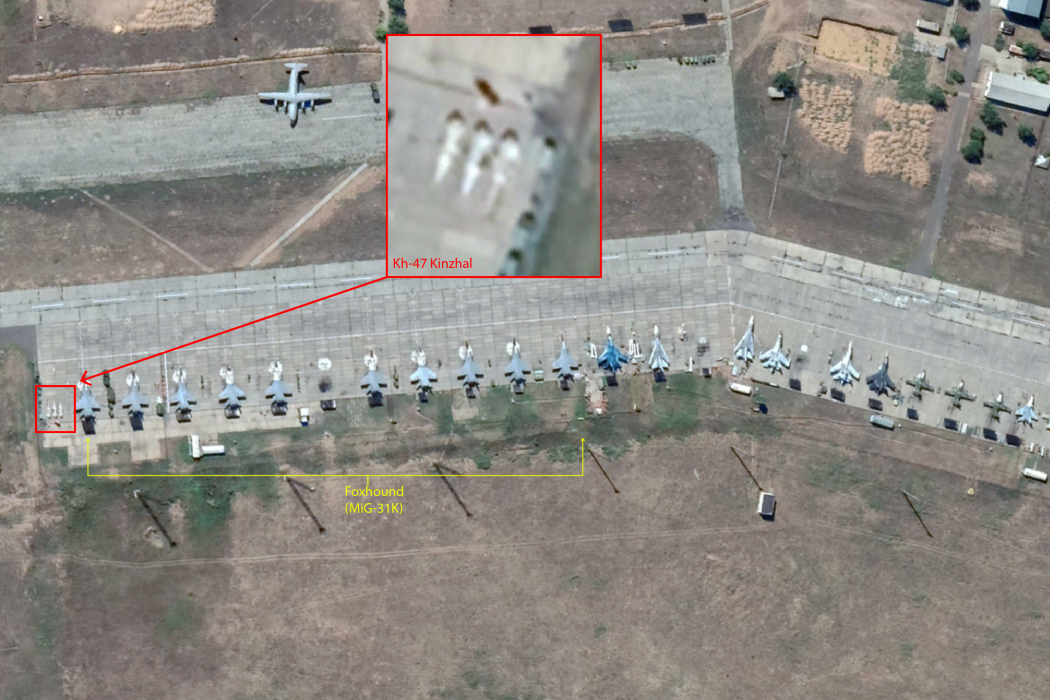
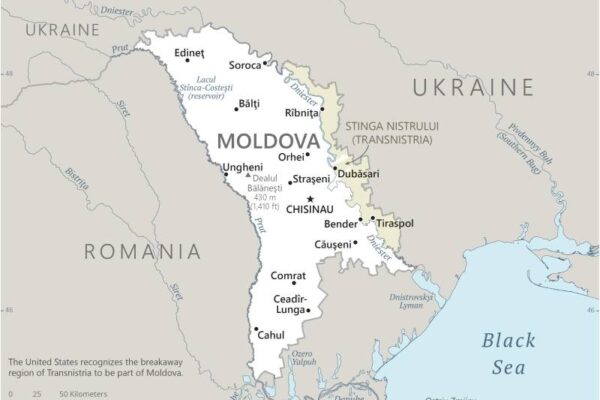
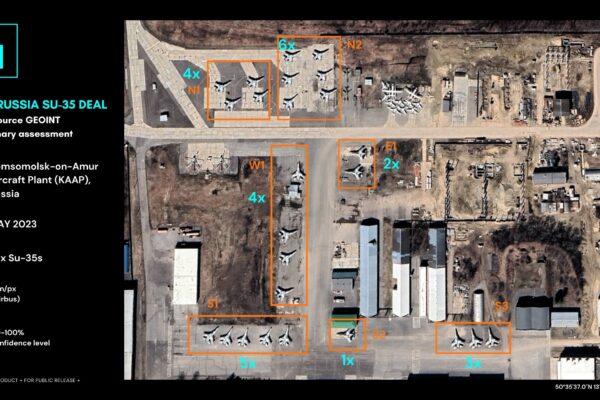
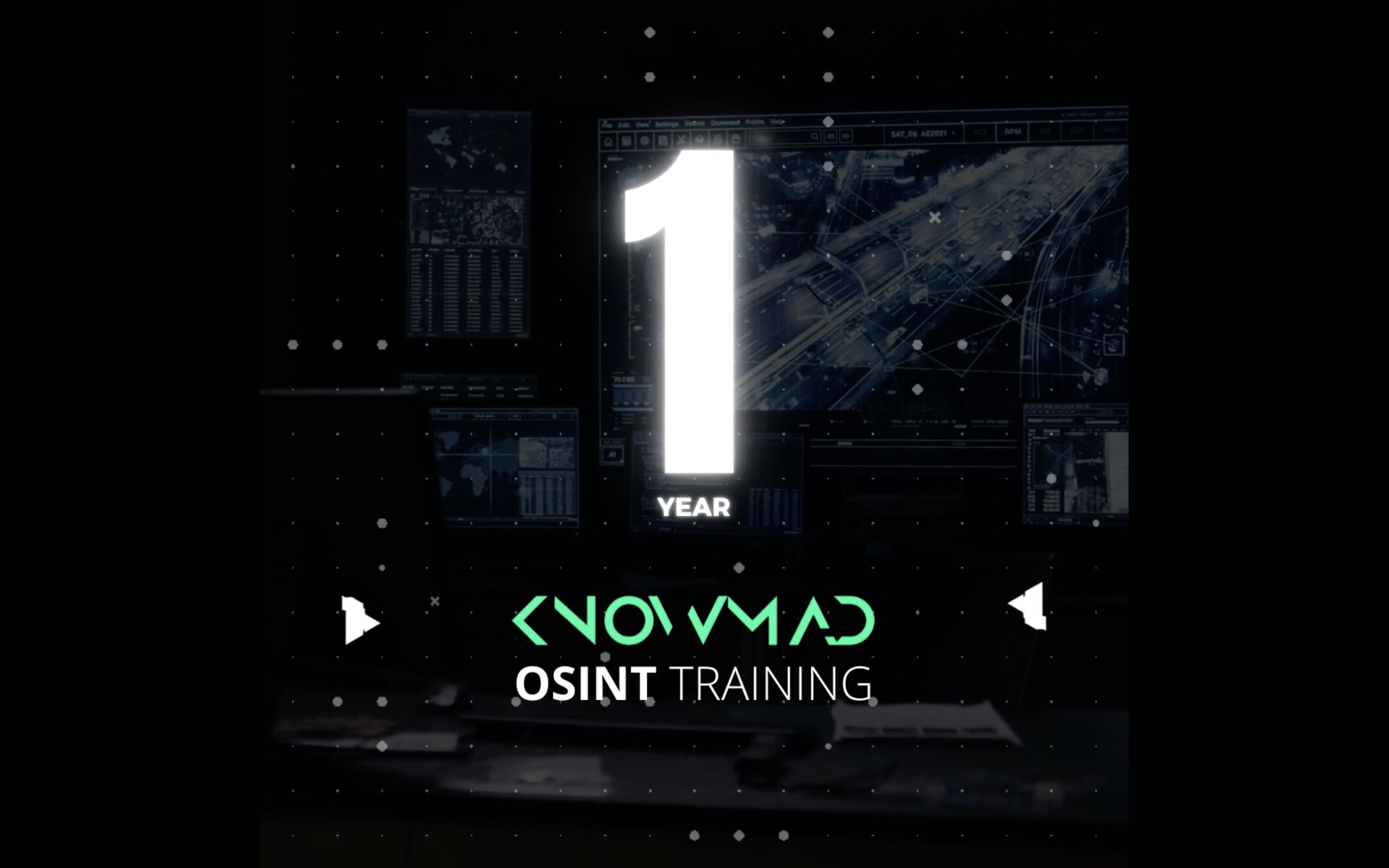
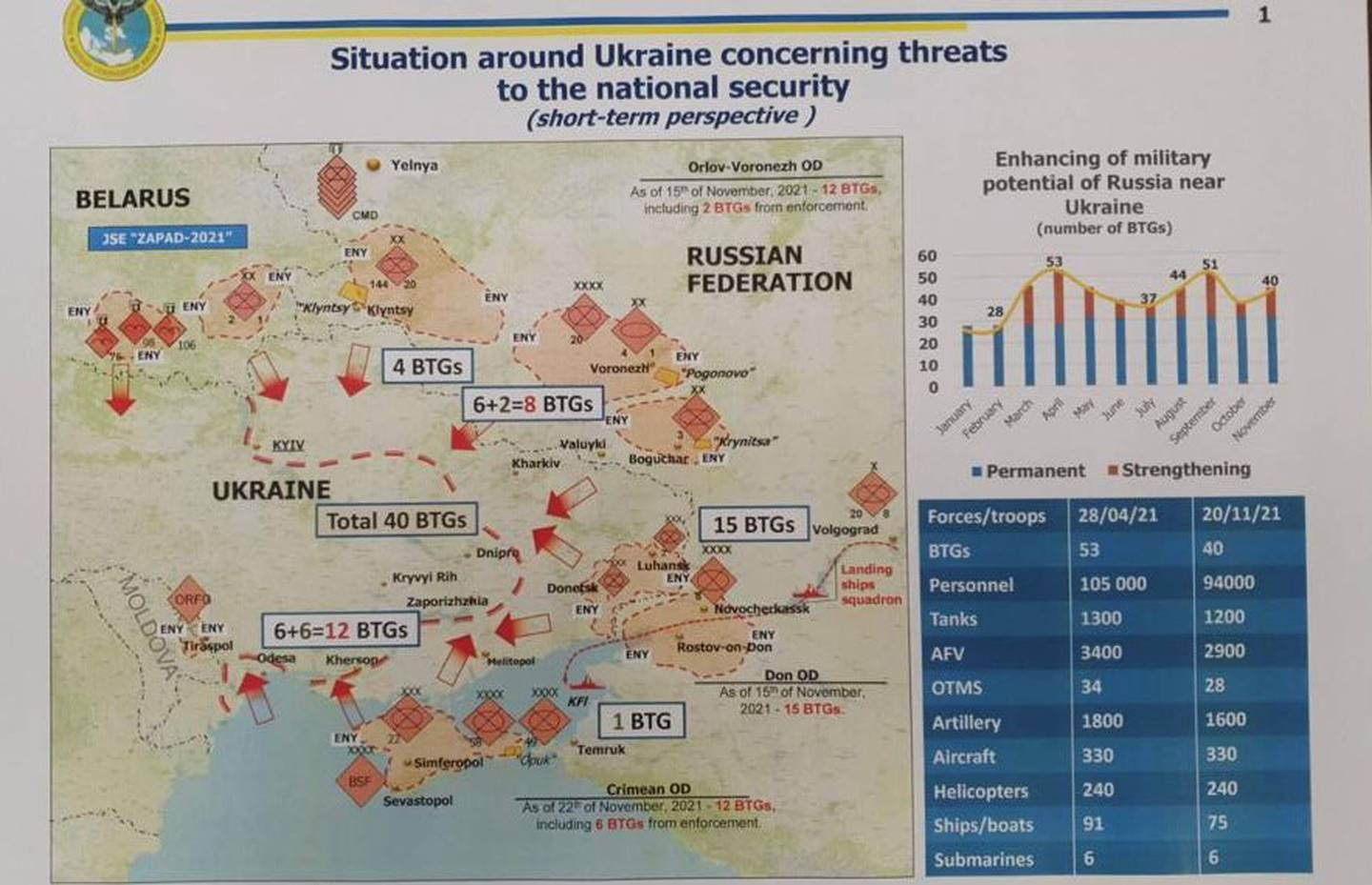
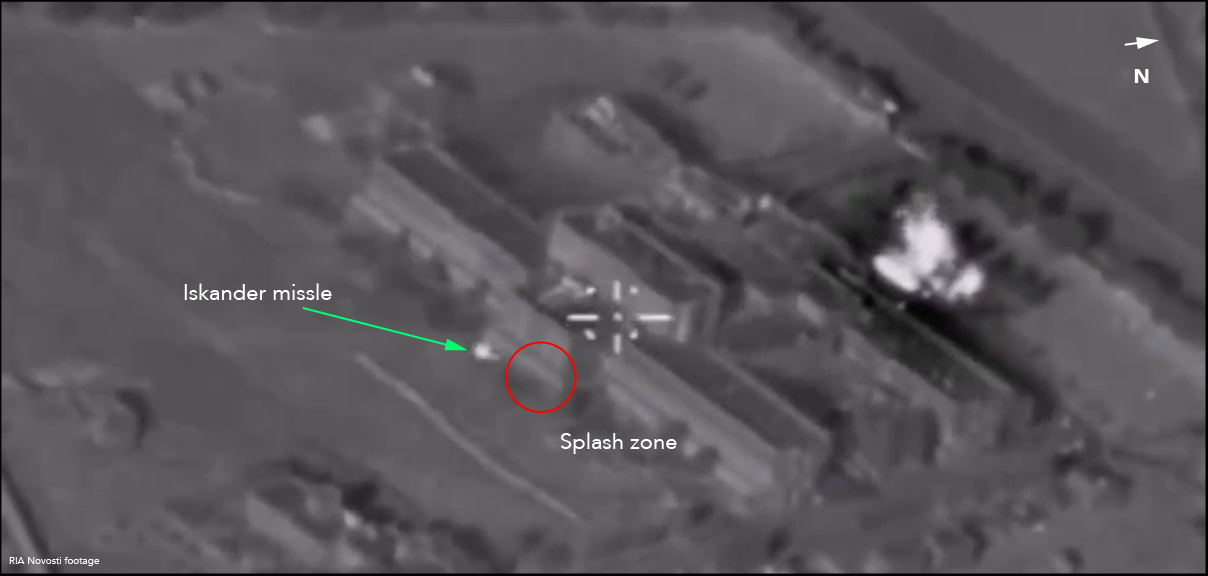
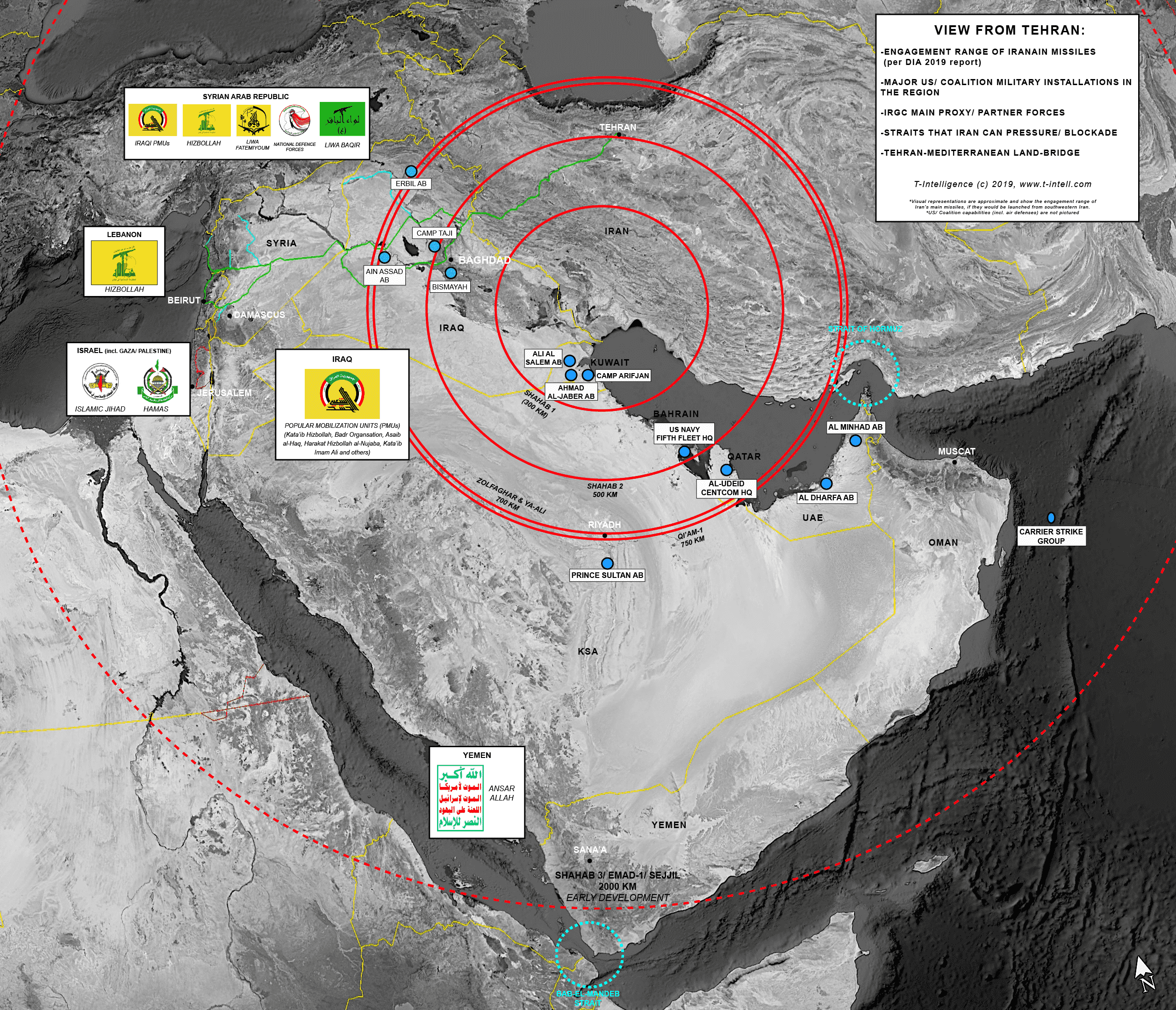
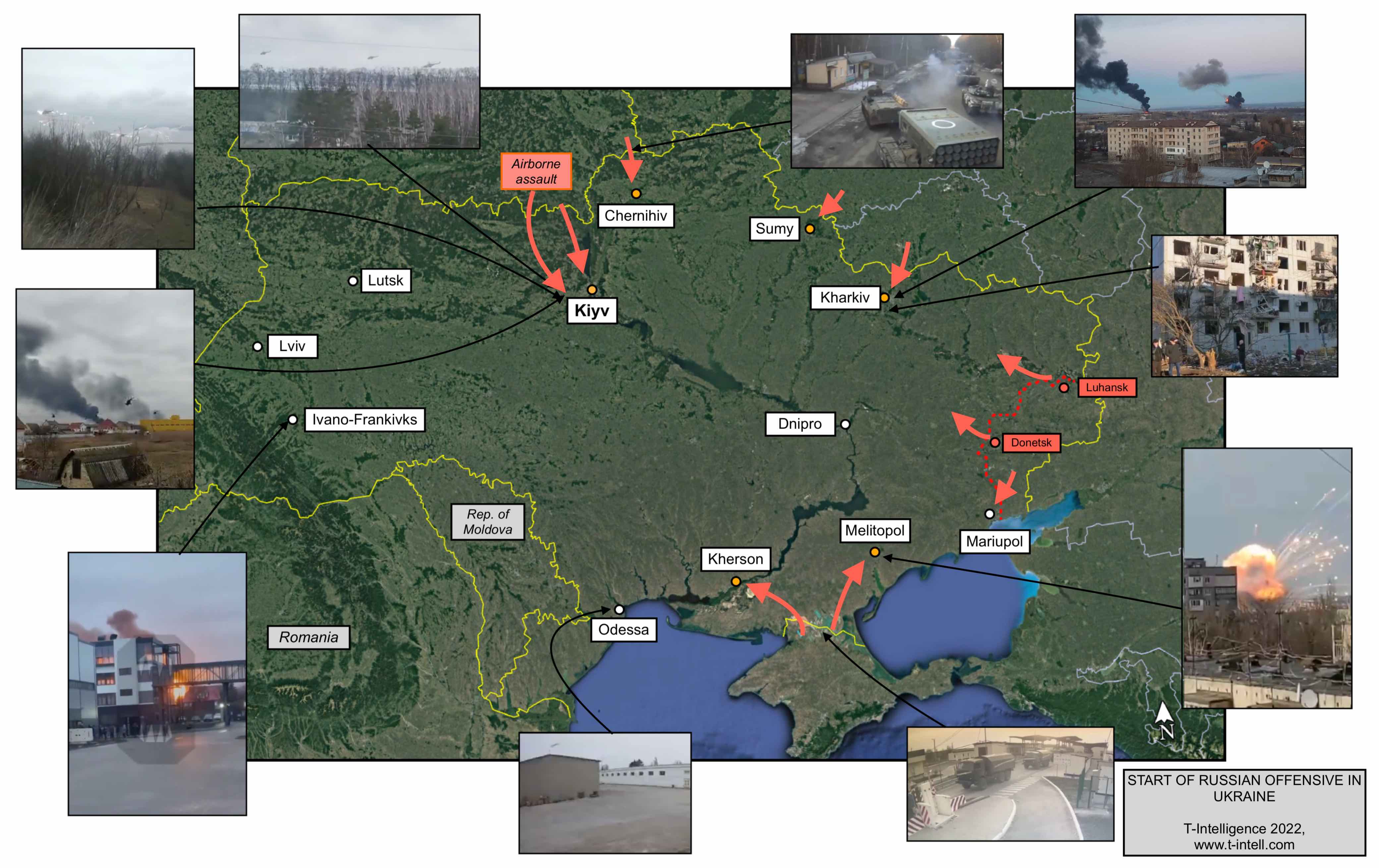
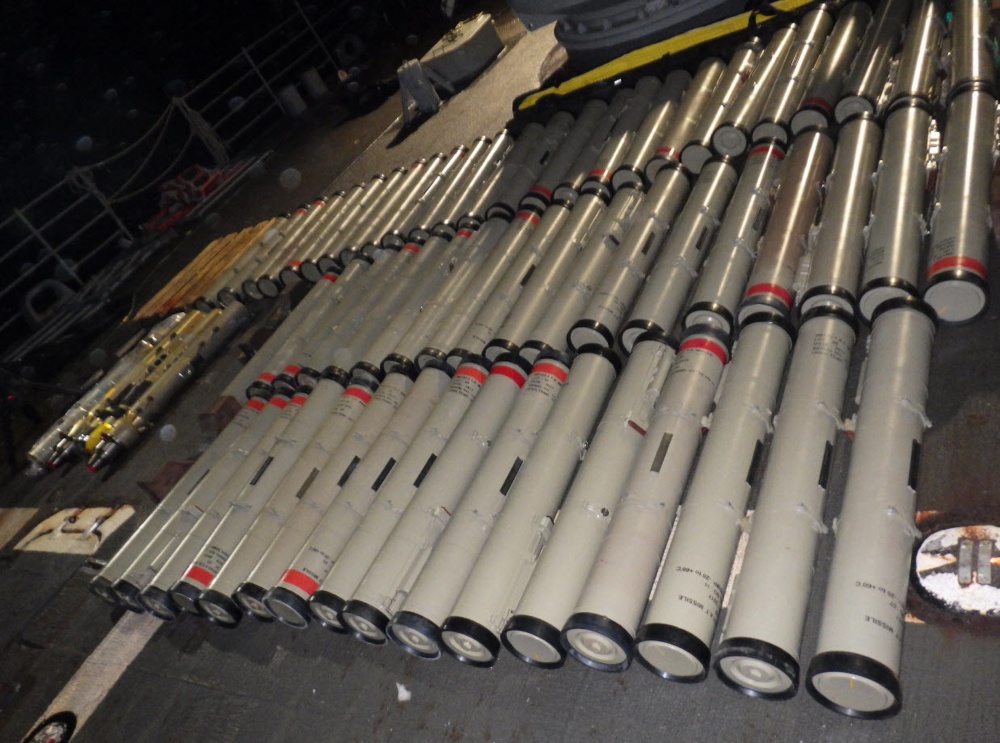
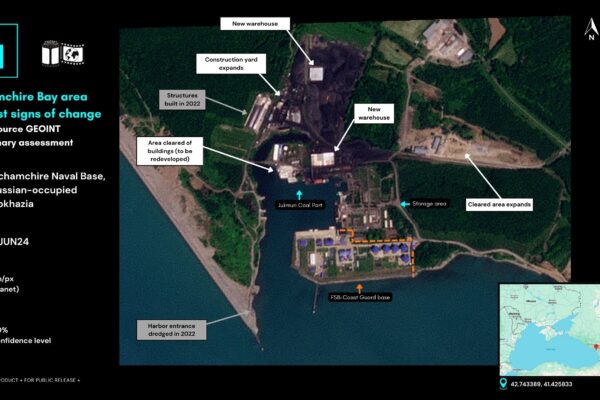
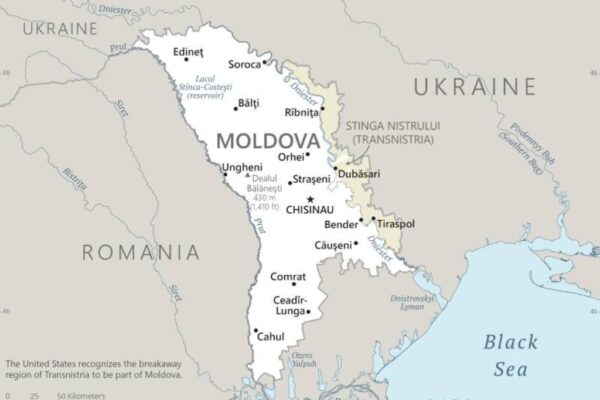
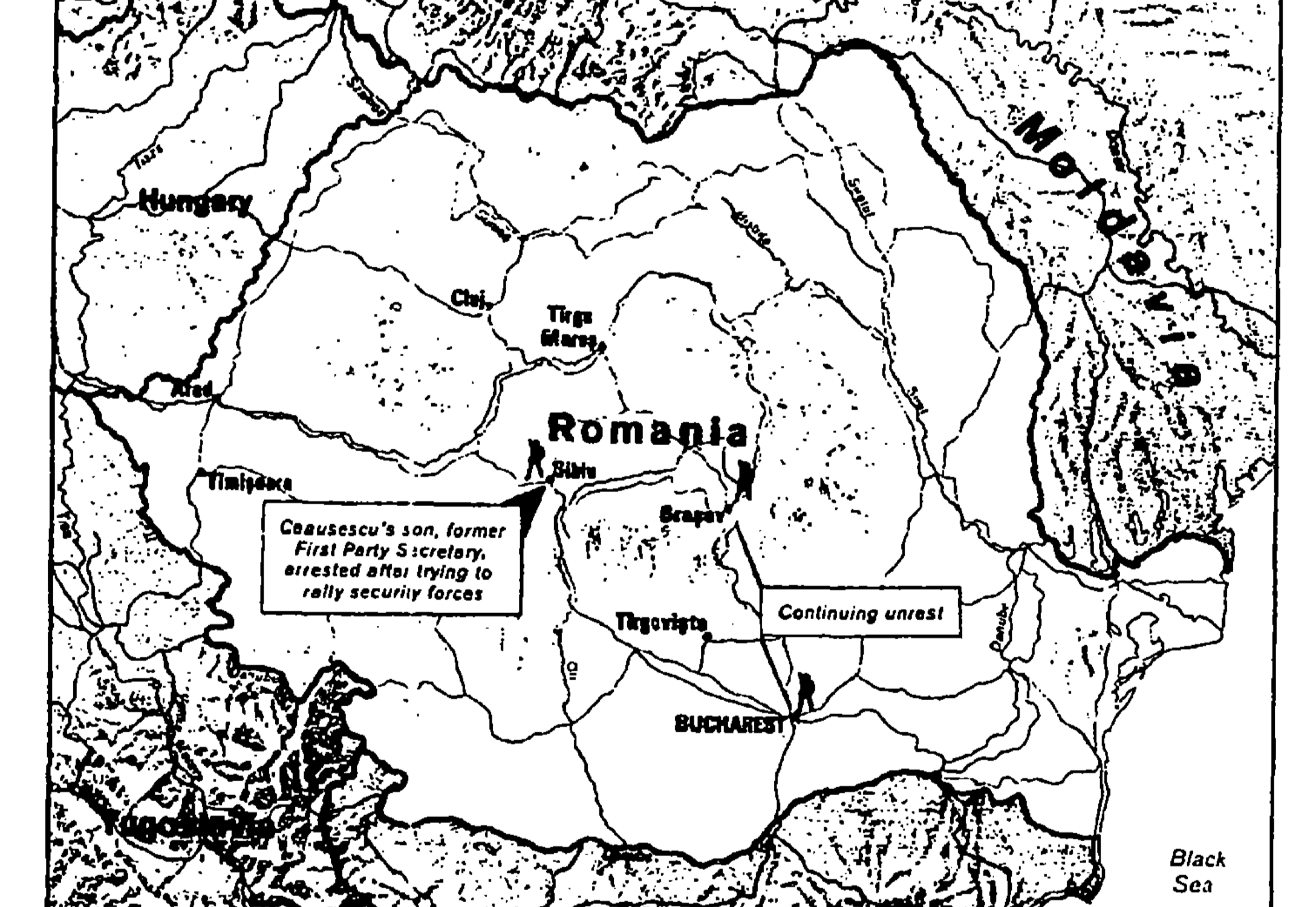
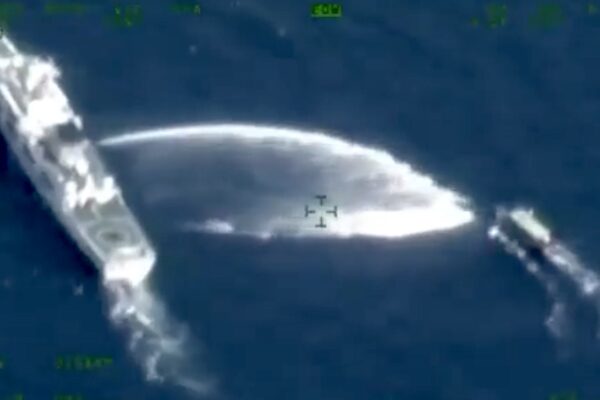
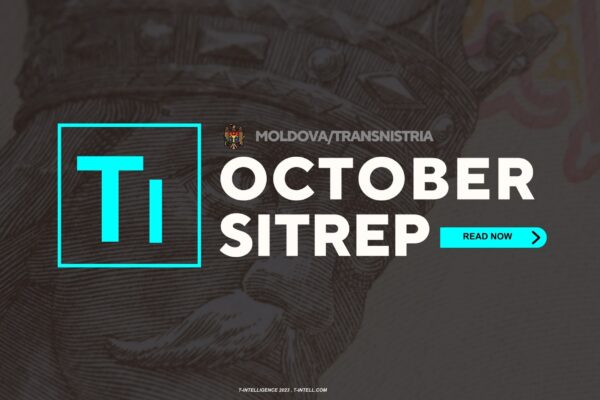

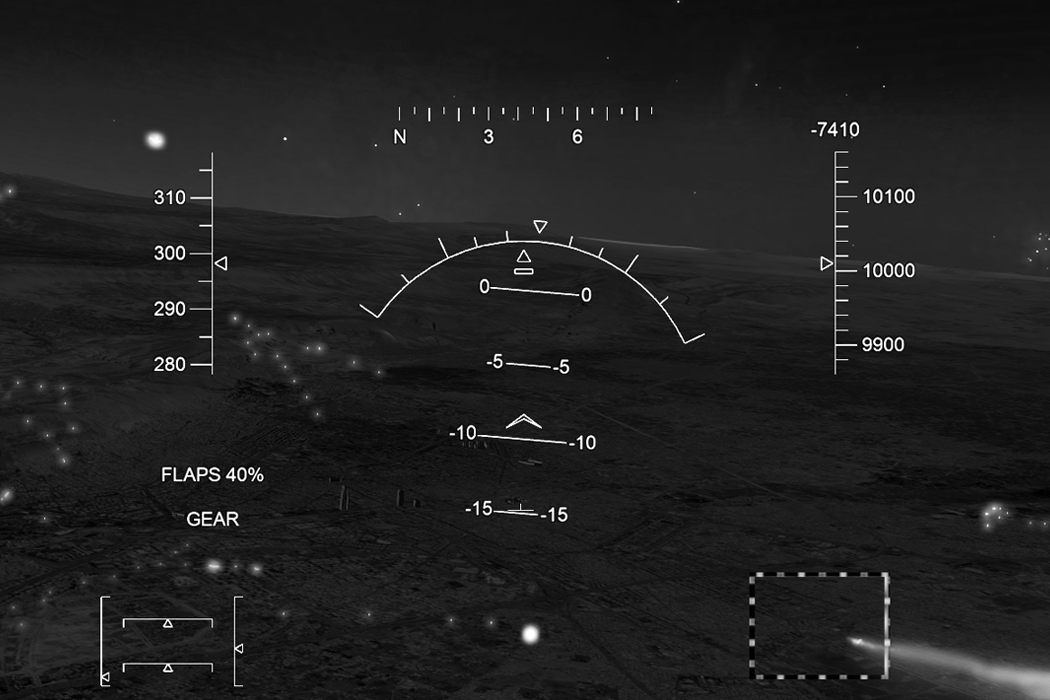


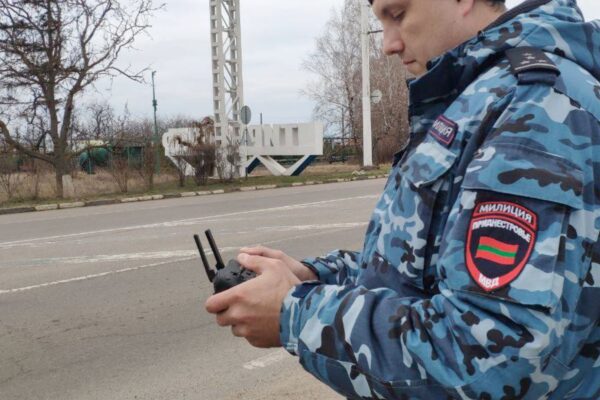


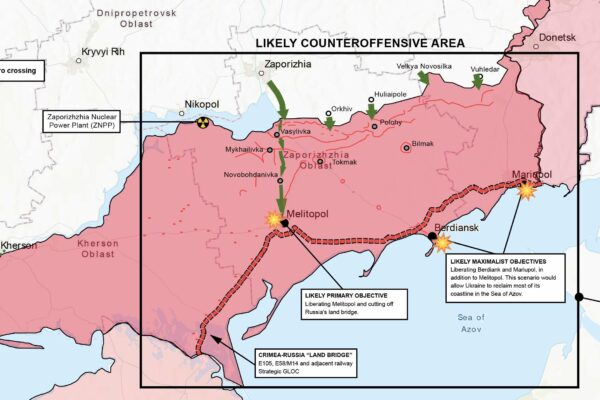
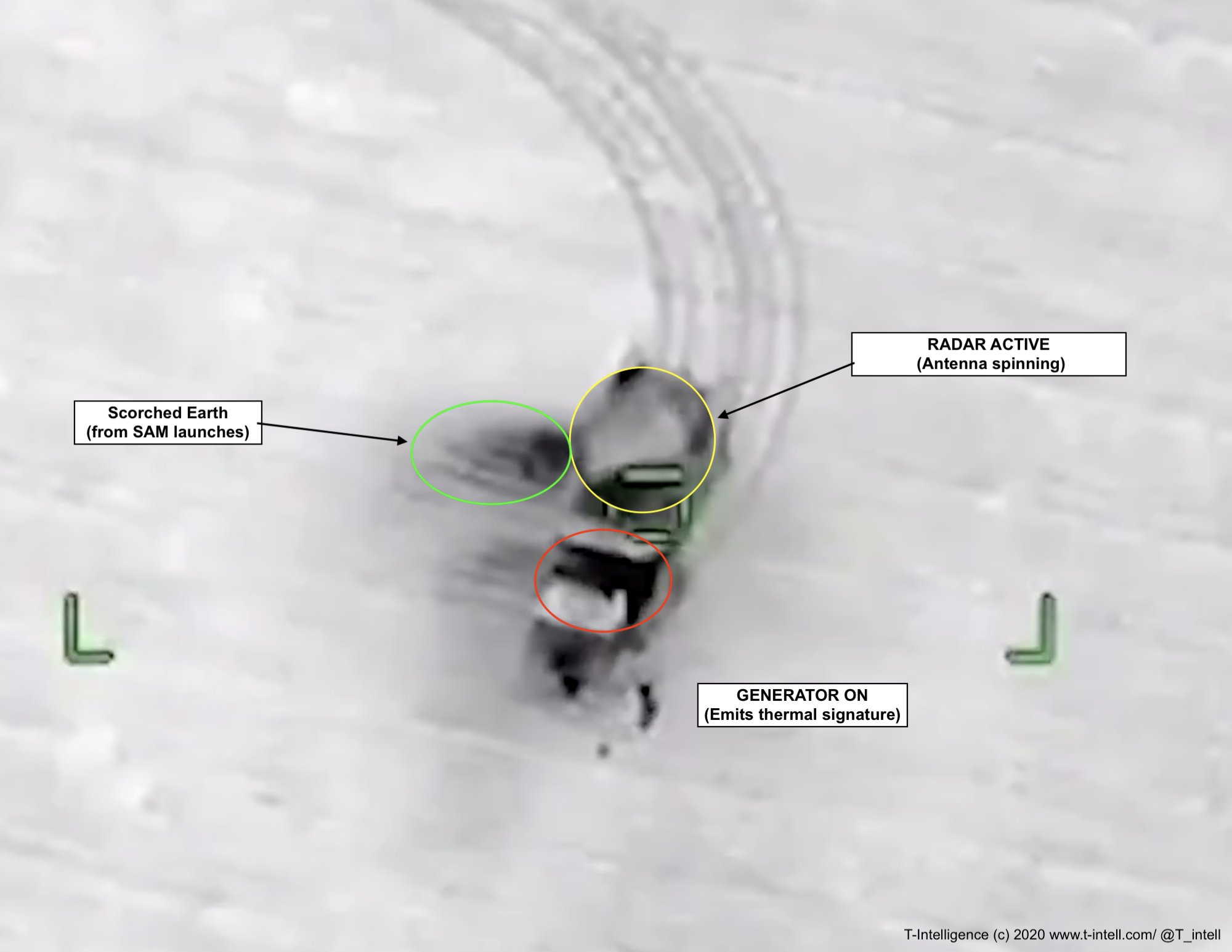
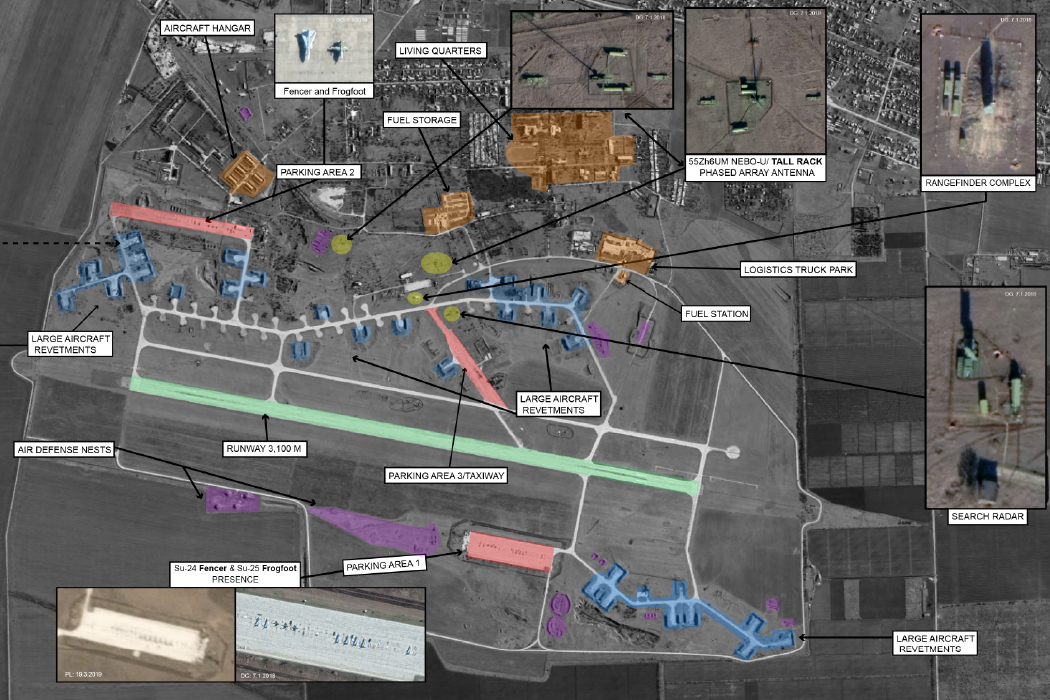
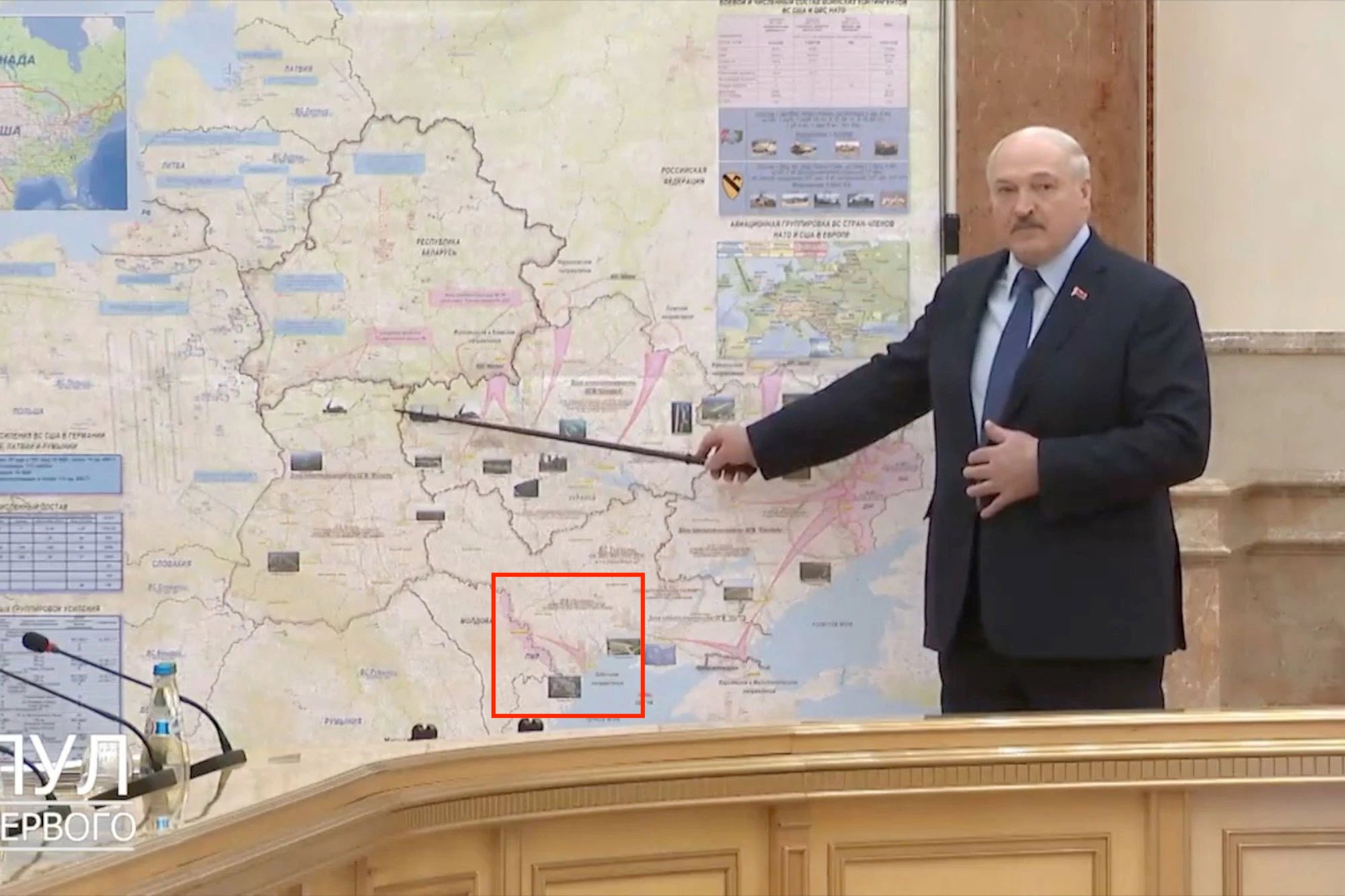
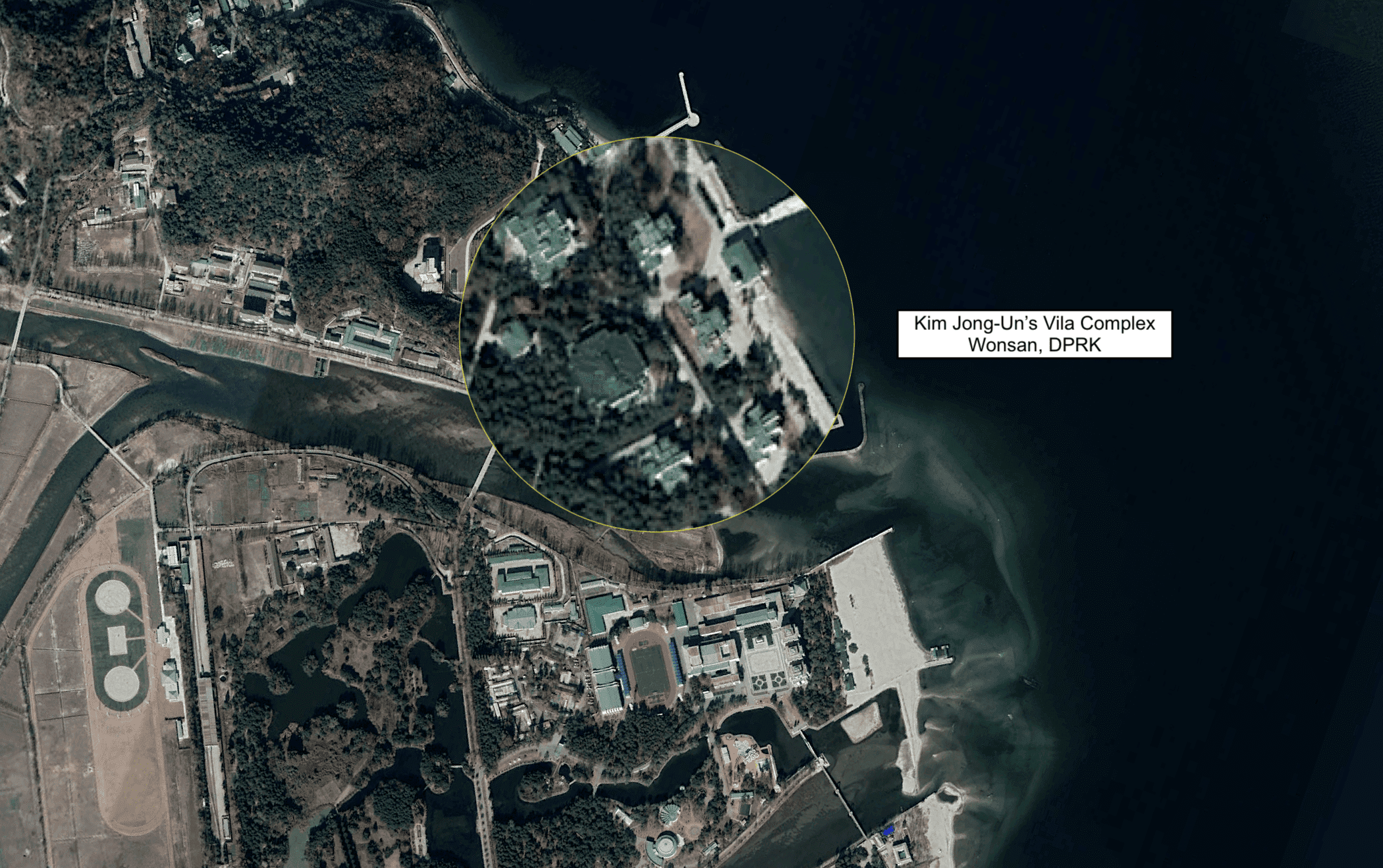
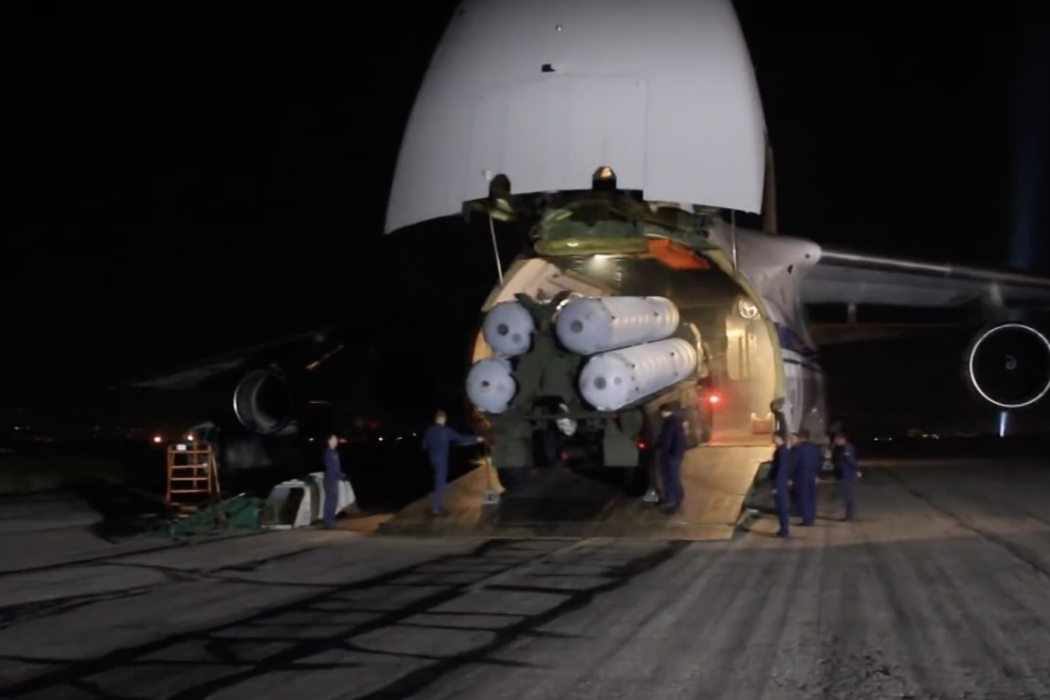
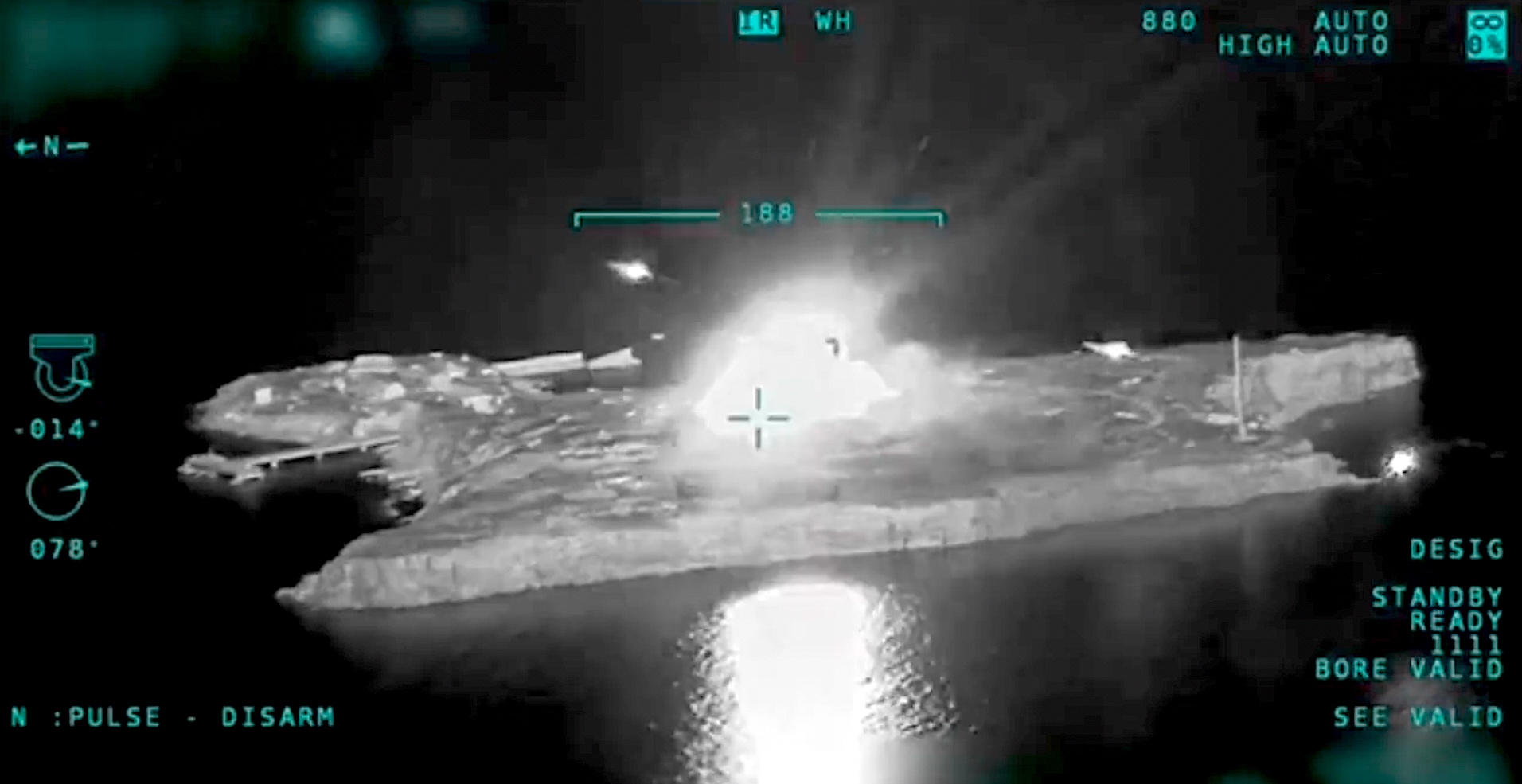
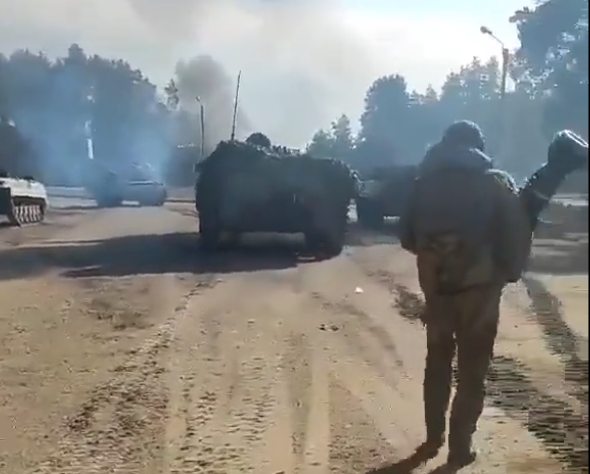

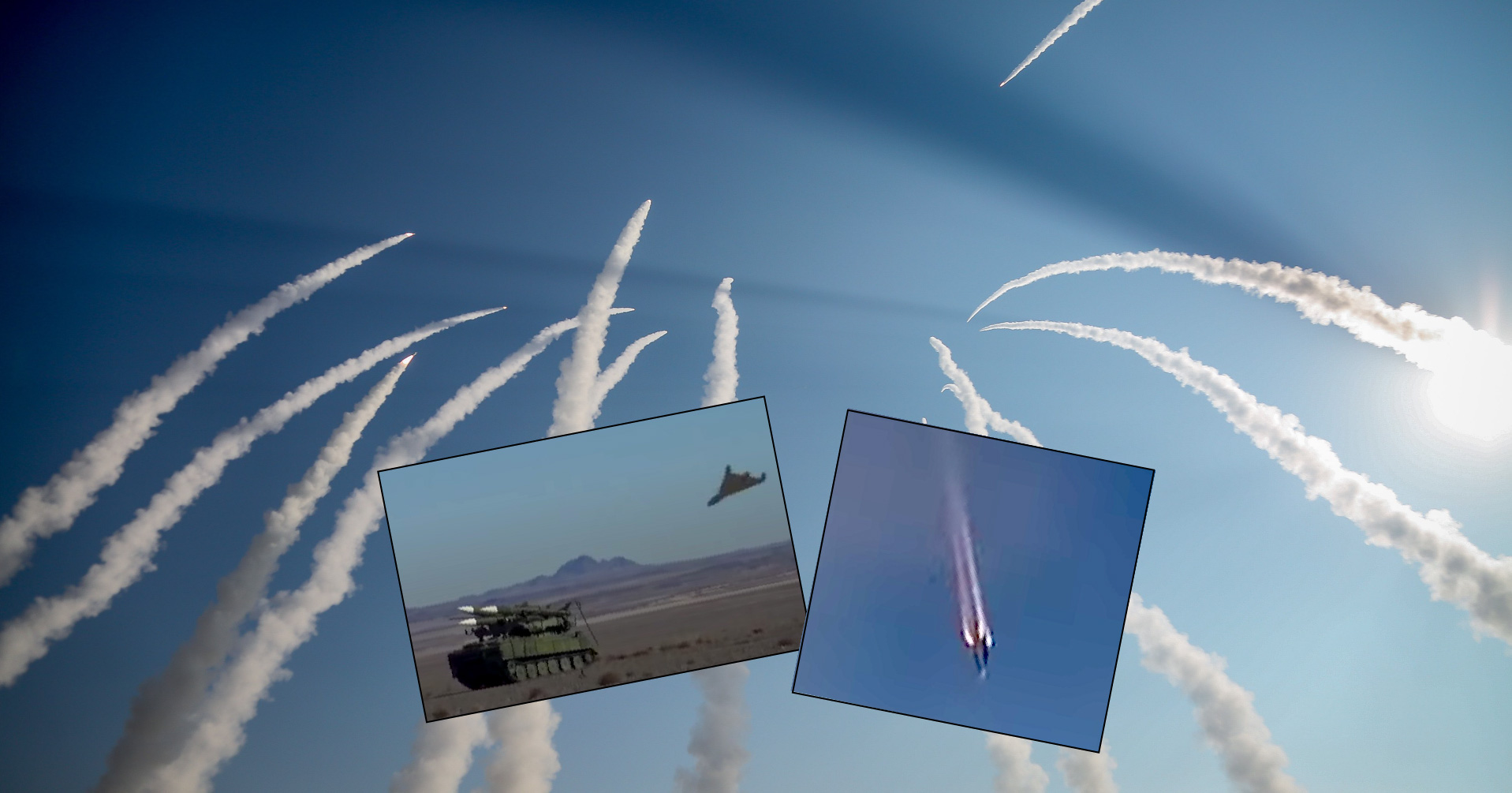
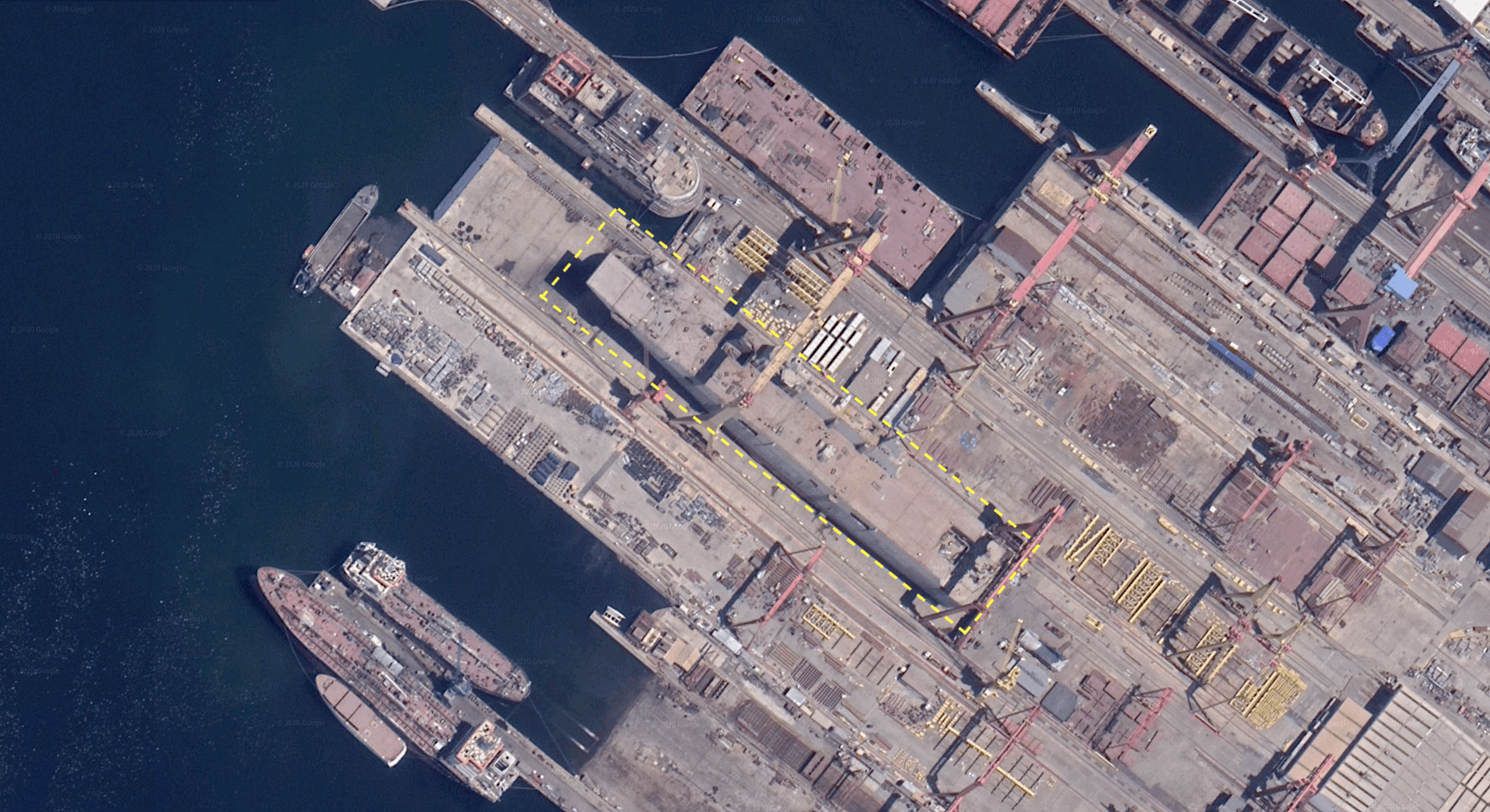
![Pride of Belarus: Baranovichi 61st Fighter Air Base [GEOINT]](https://t-intell.com/wp-content/uploads/2021/08/cover_article.jpg)


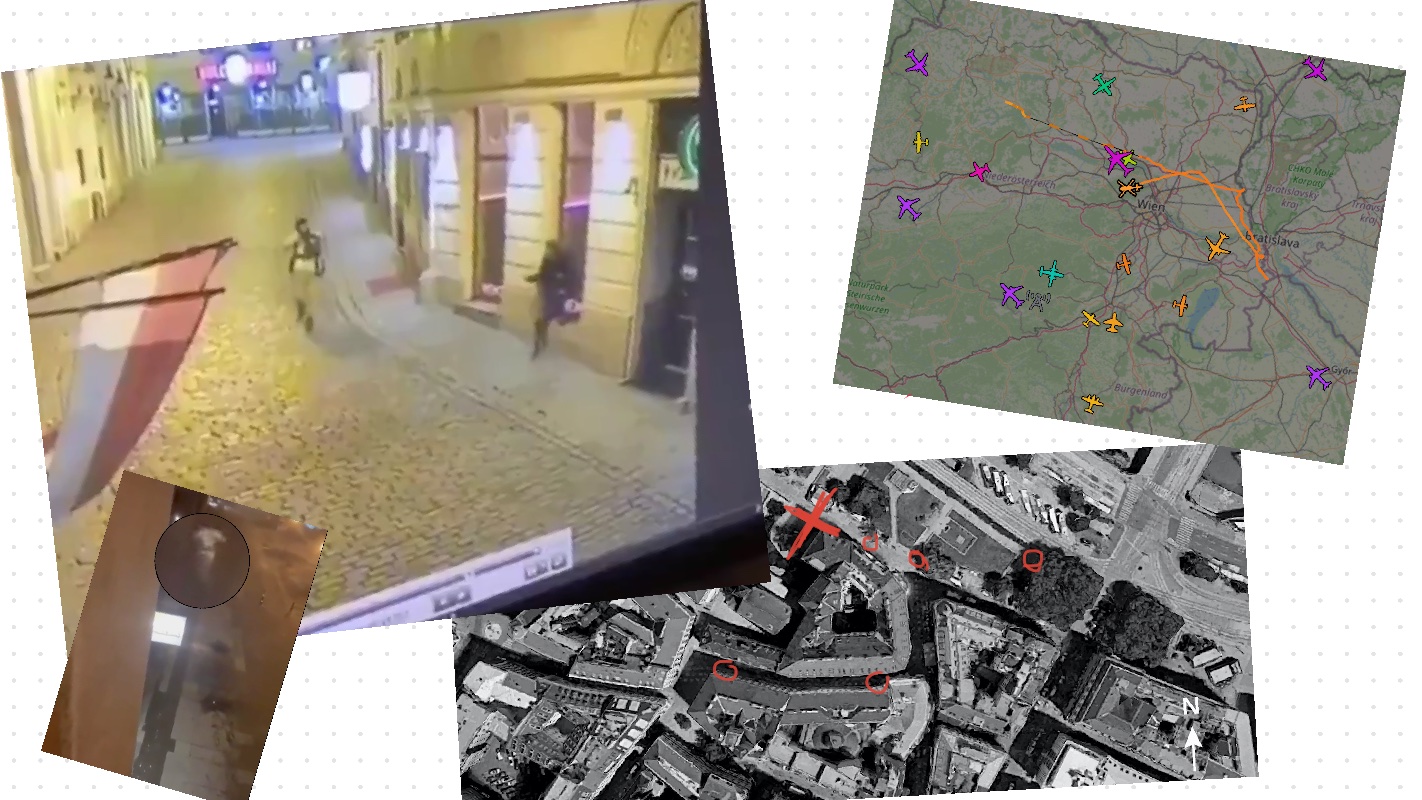

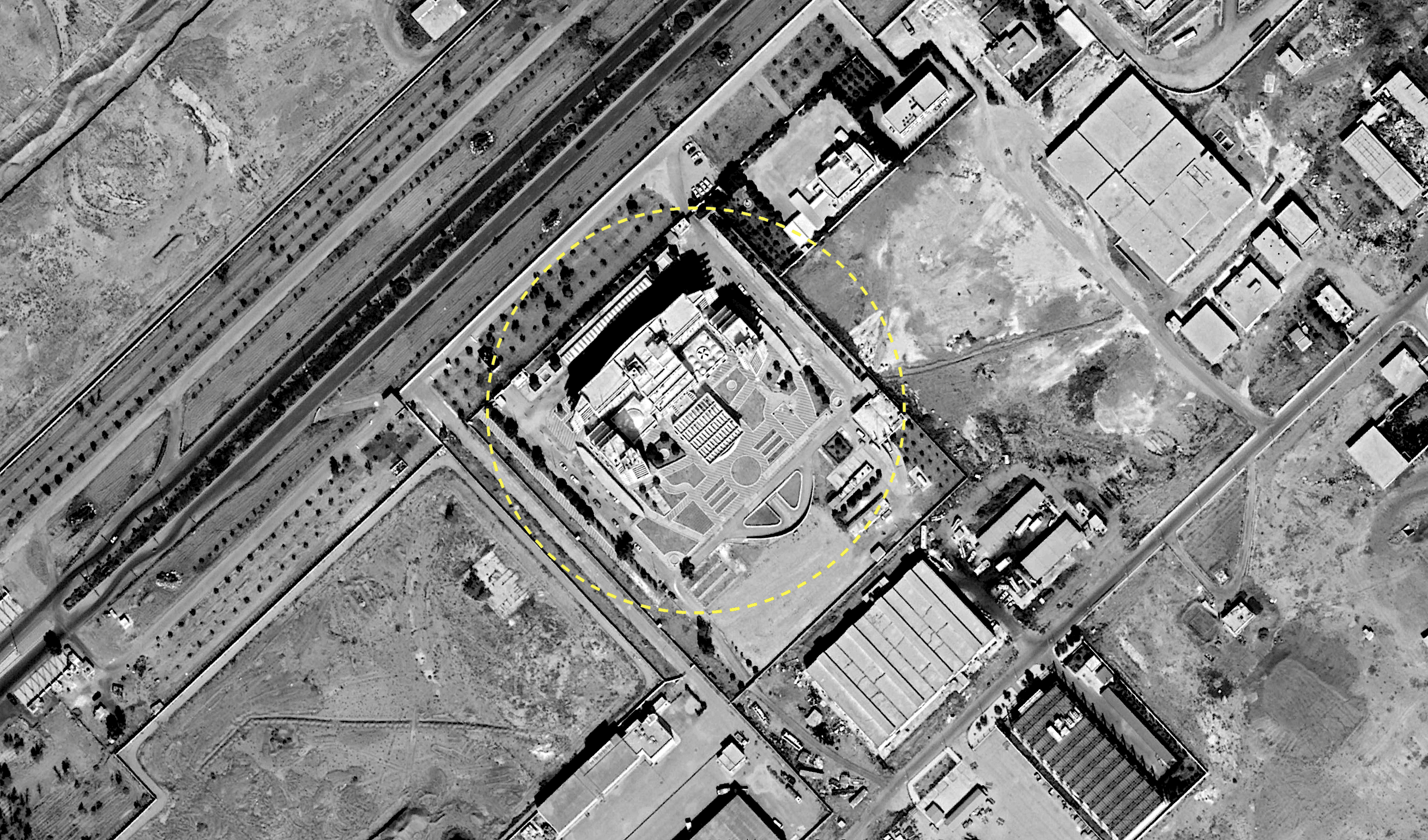
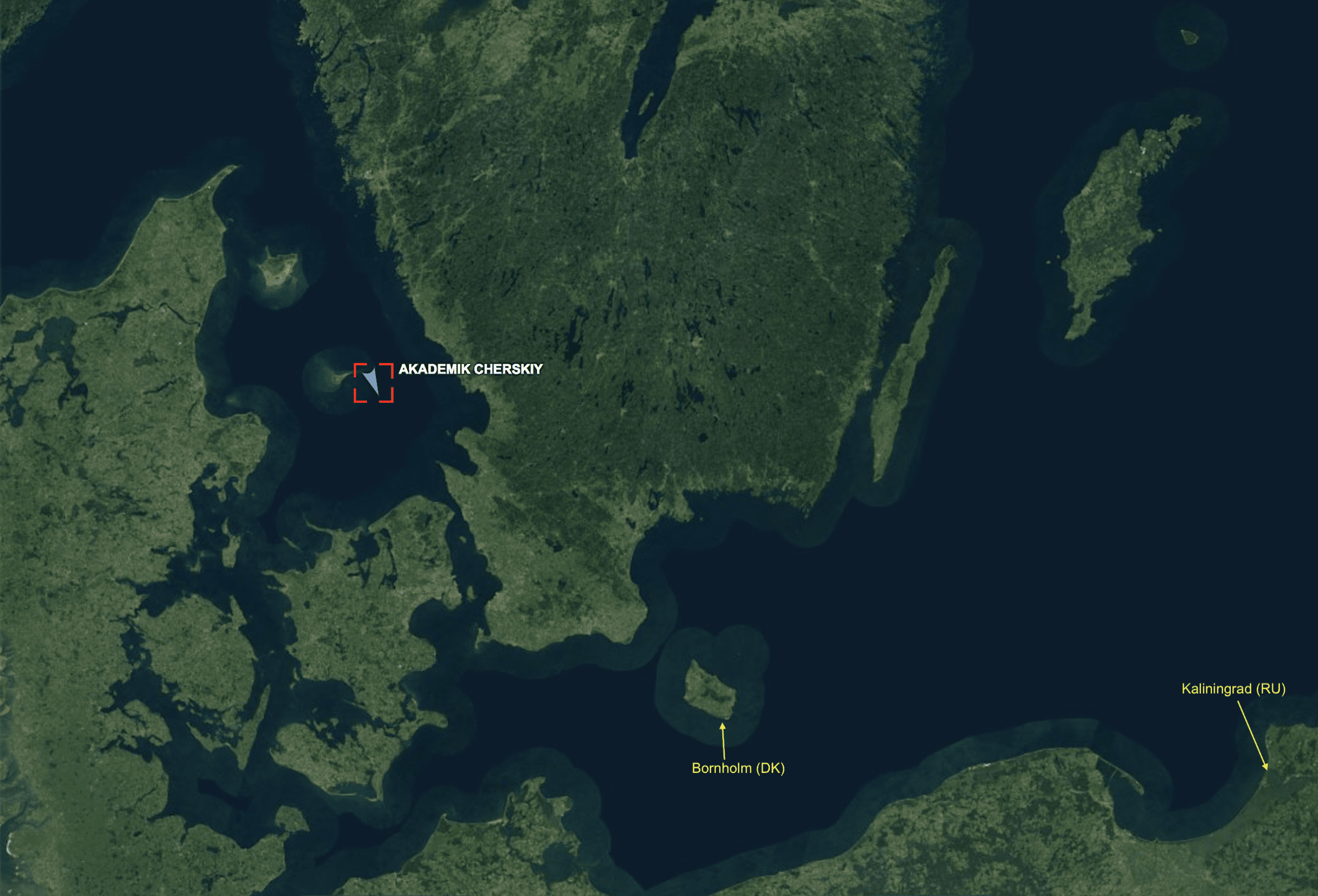

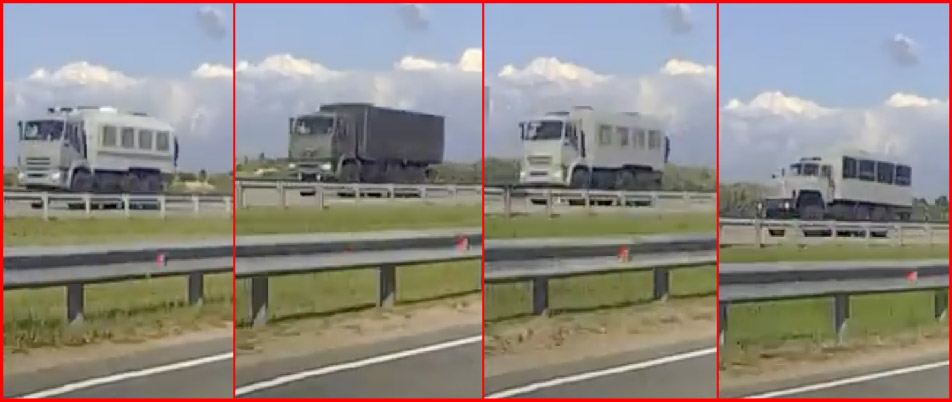
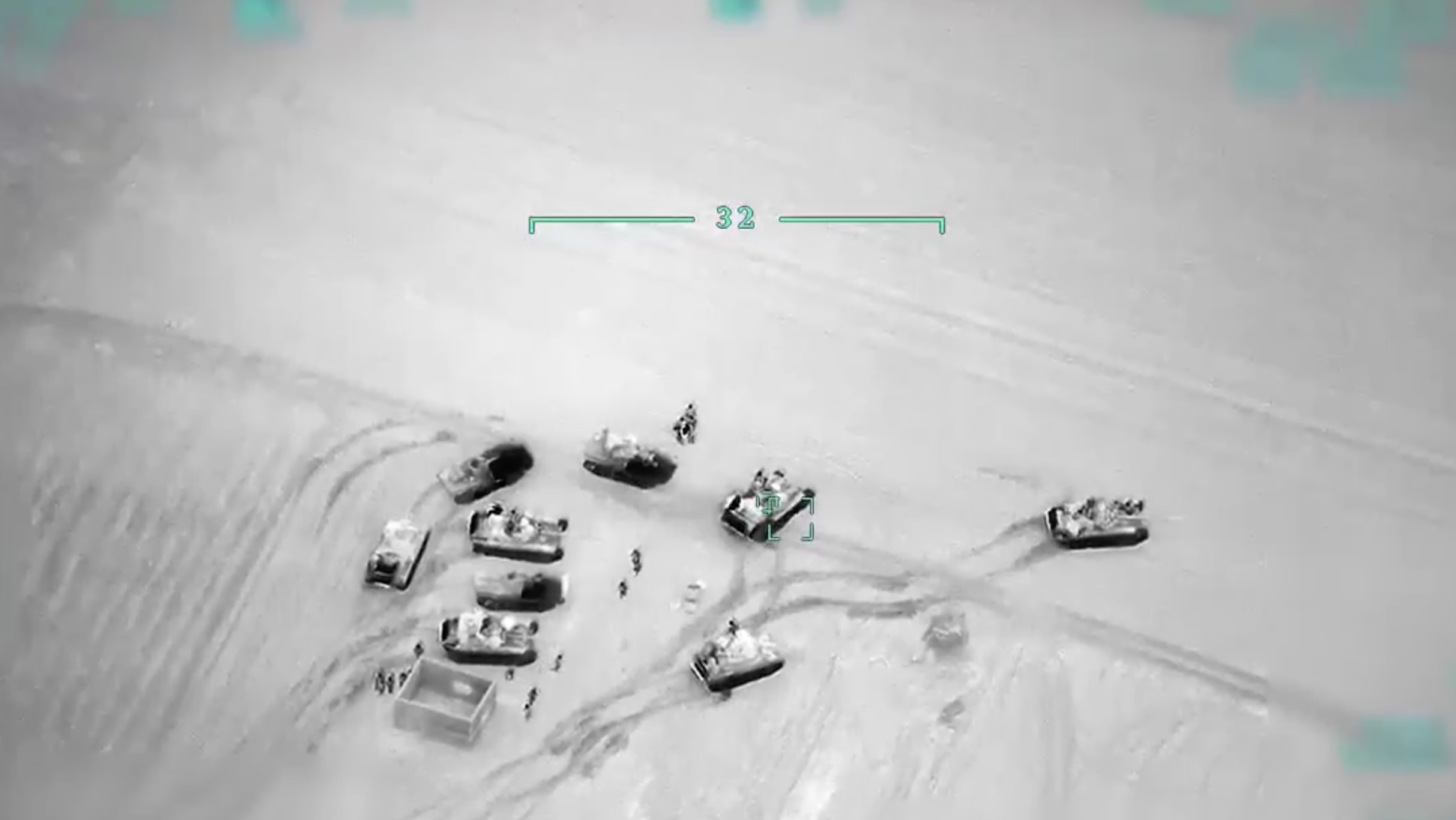

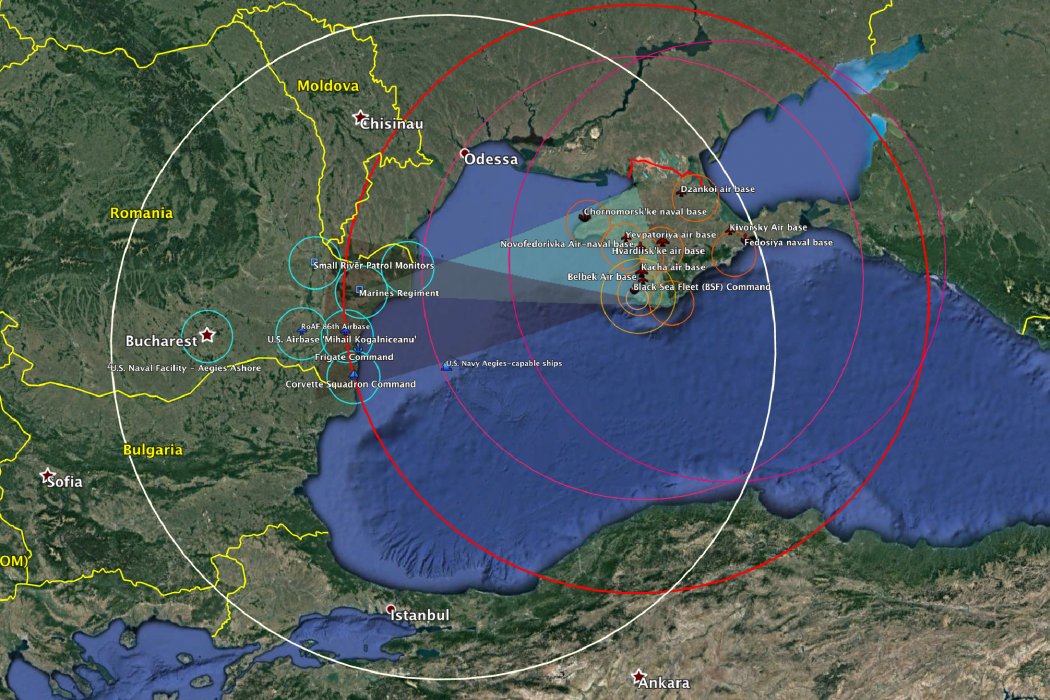
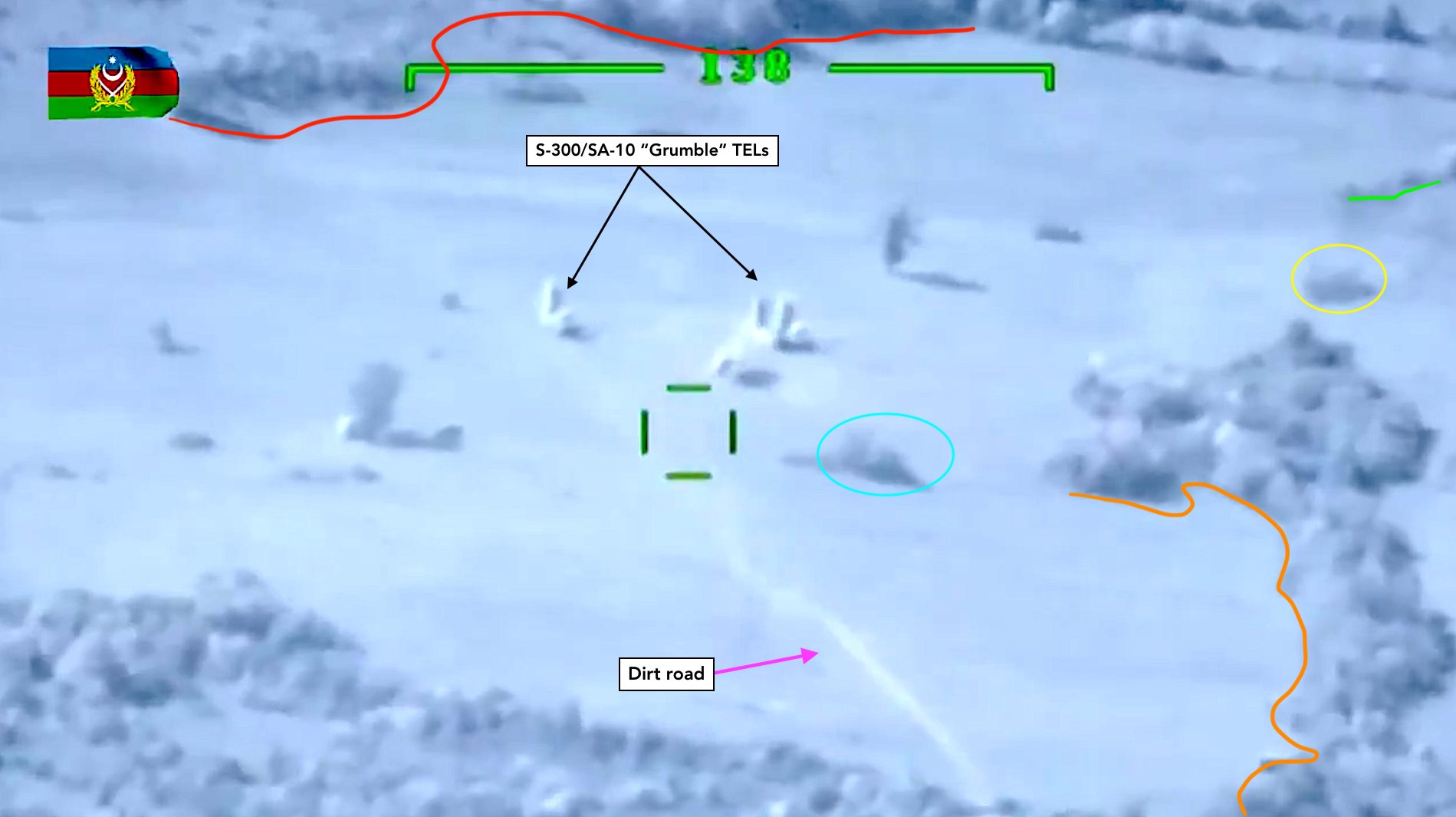
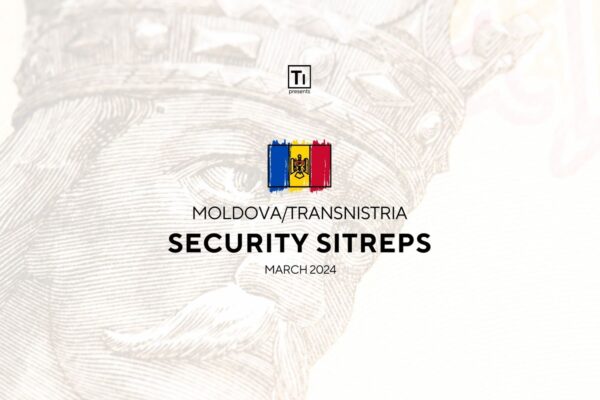
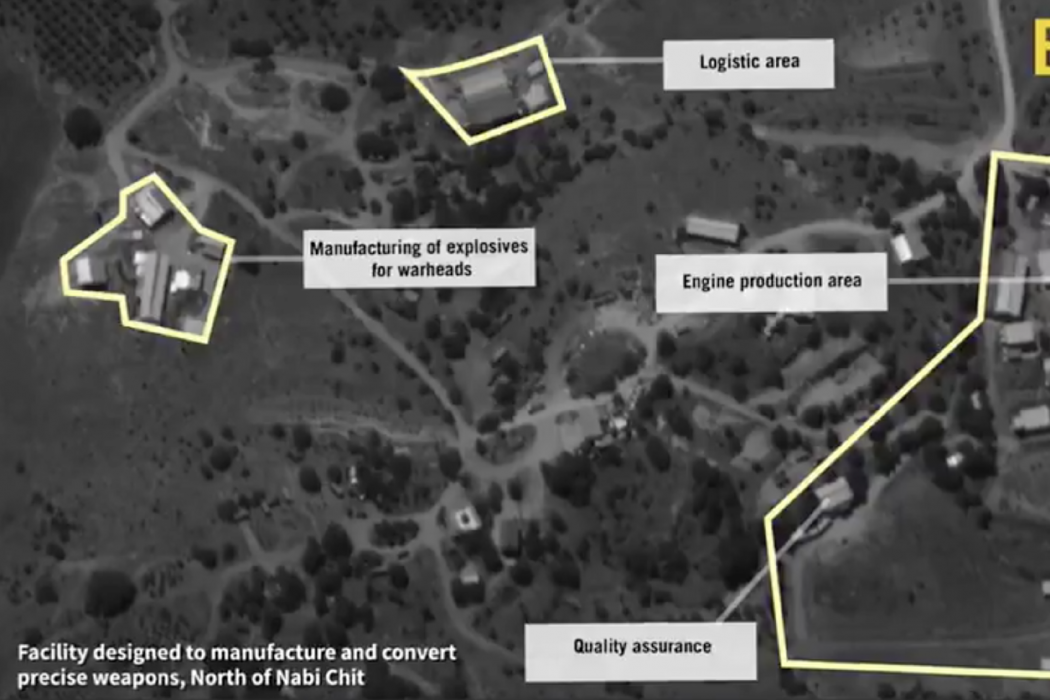
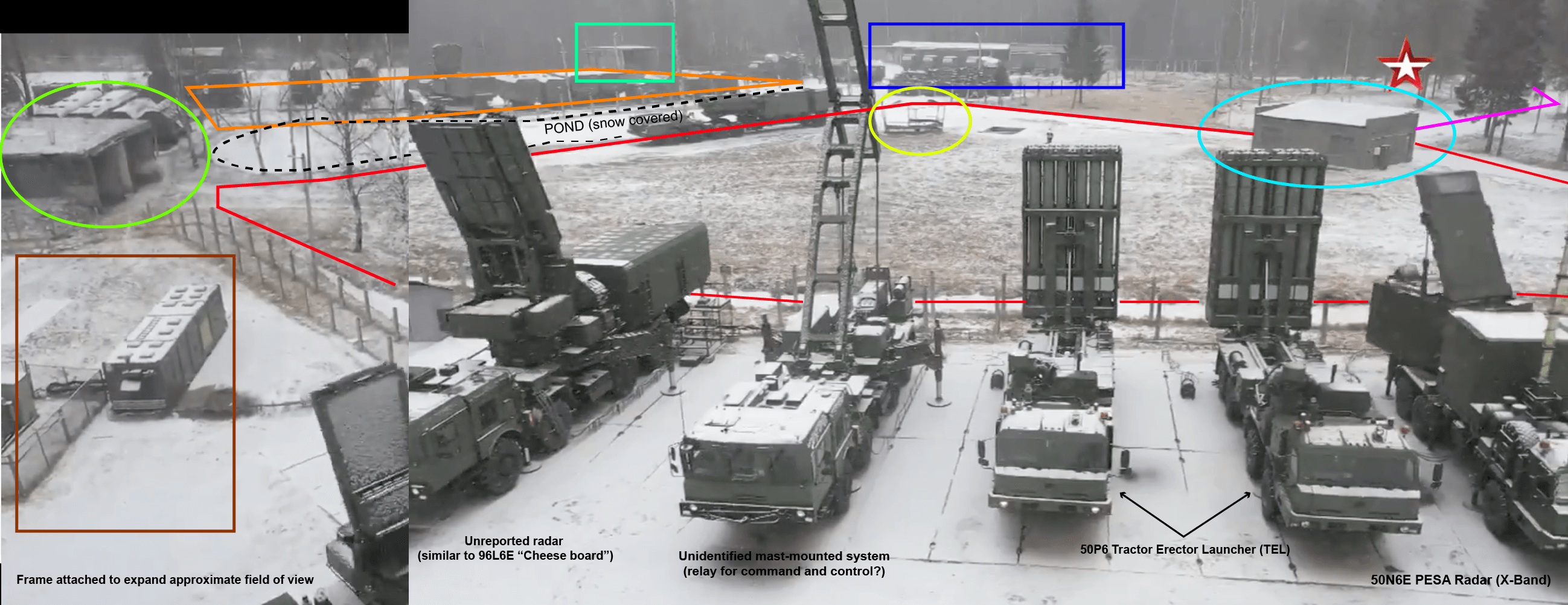
![Evacuation “Shattered Glass”: The US/ Coalition Bases in Syria [Part 1]](https://t-intell.com/wp-content/uploads/2020/02/KLZJan.62018copy_optimized.png)
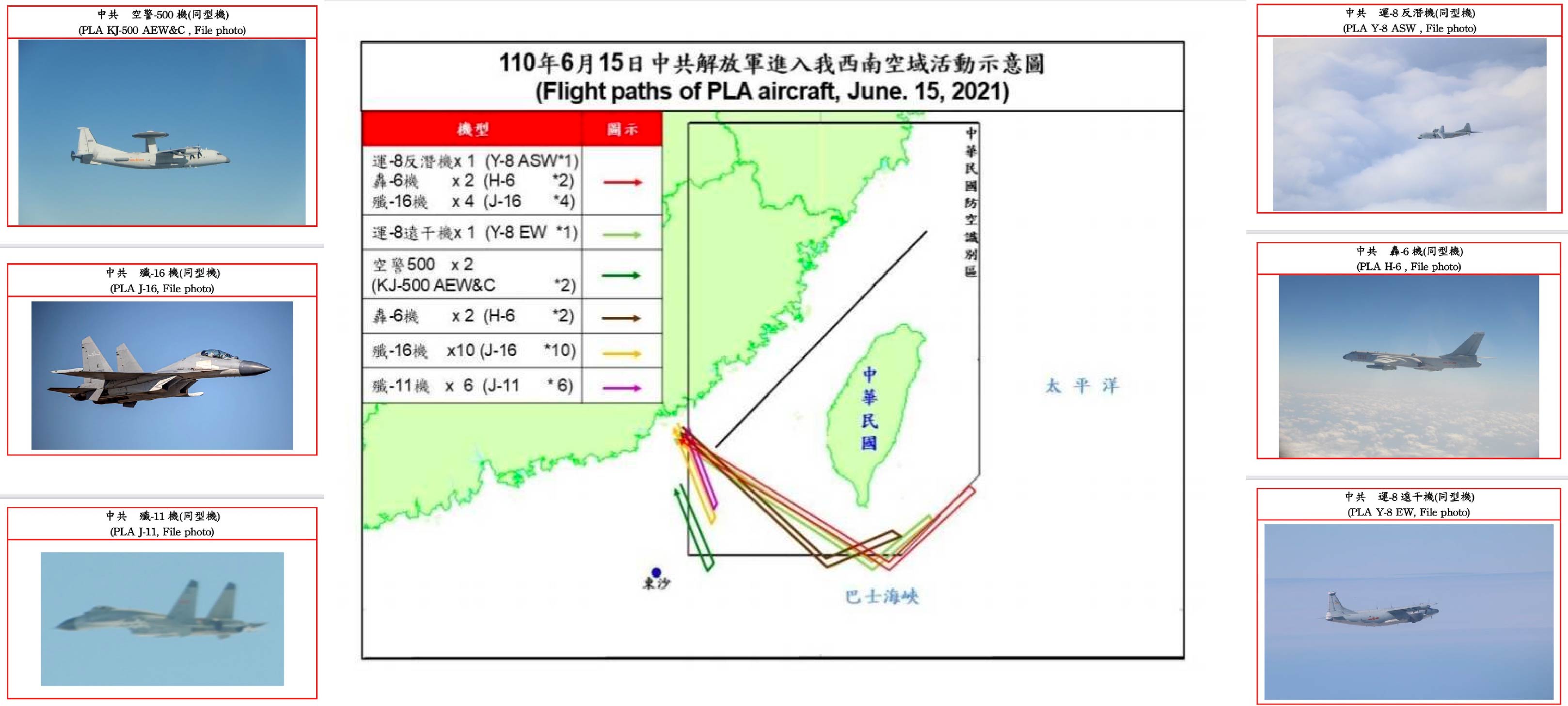
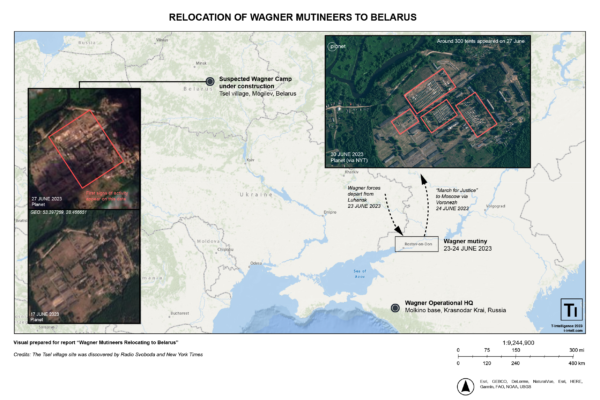



![Evacuation “Shattered Glass”: The US/ Coalition Bases in Syria [Part 2]](https://t-intell.com/wp-content/uploads/2020/02/TelSalman24.2.2018_optimized.png)
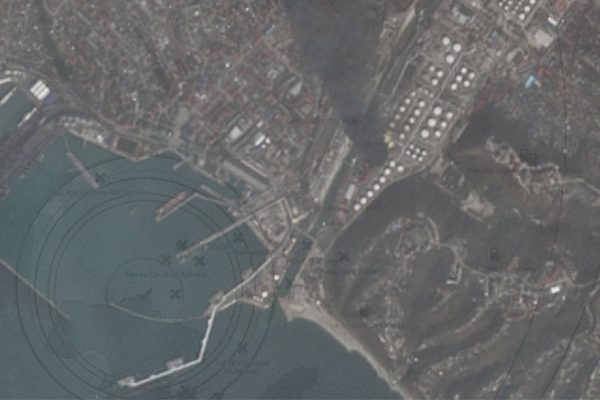
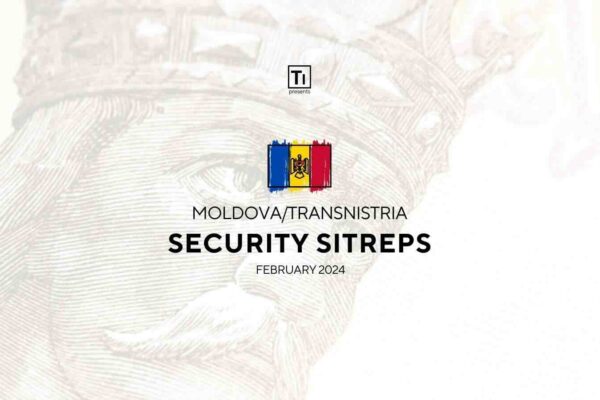
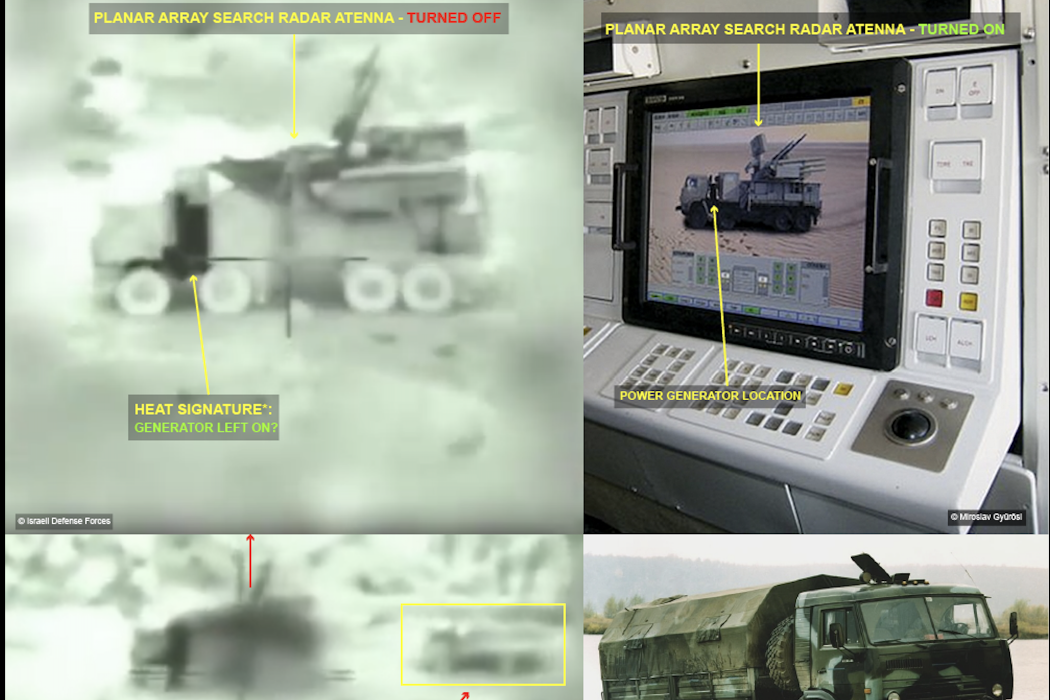

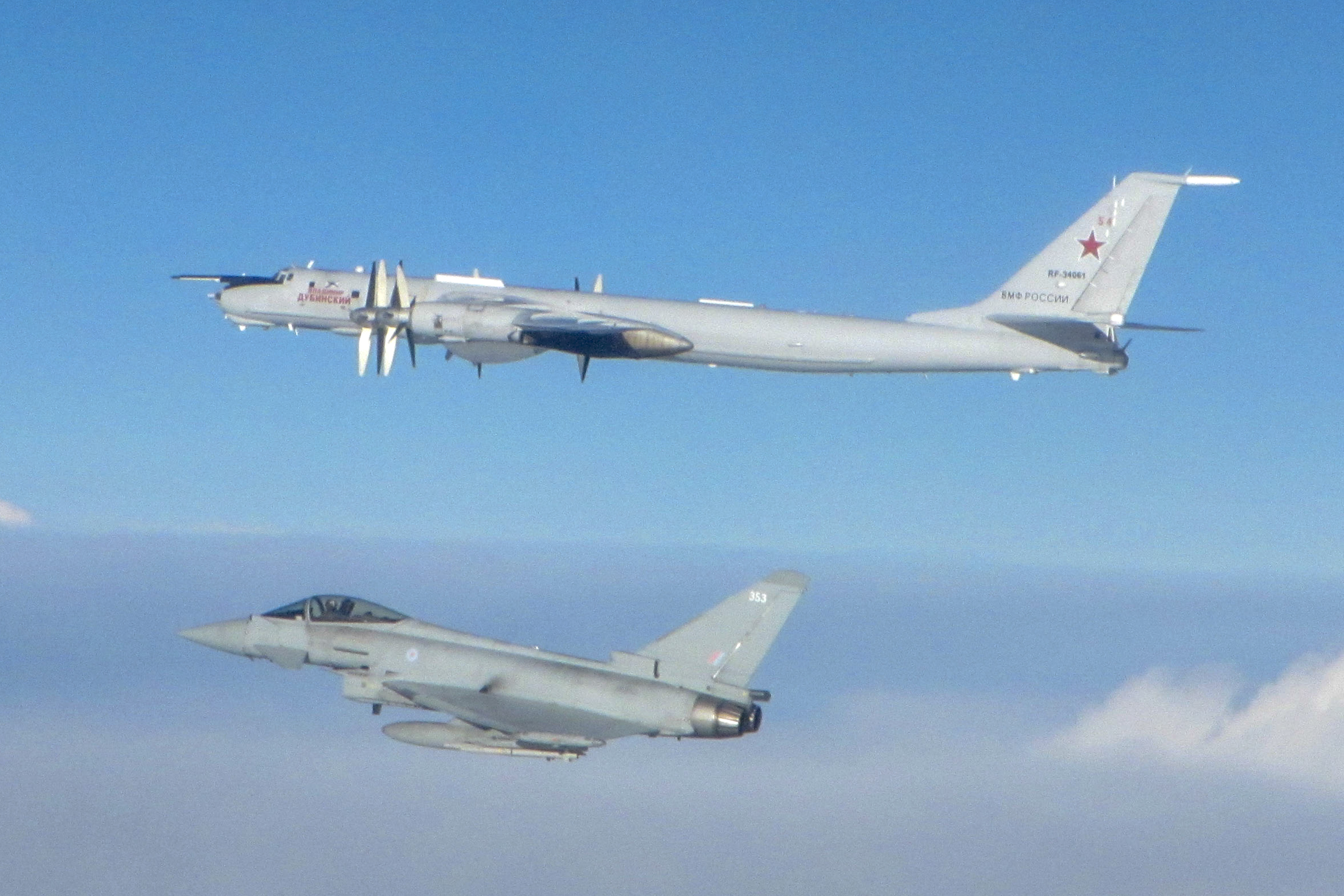


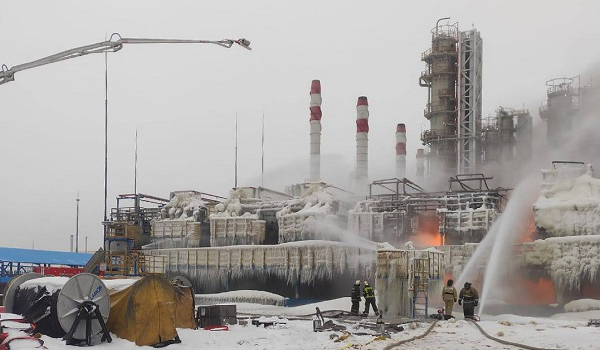
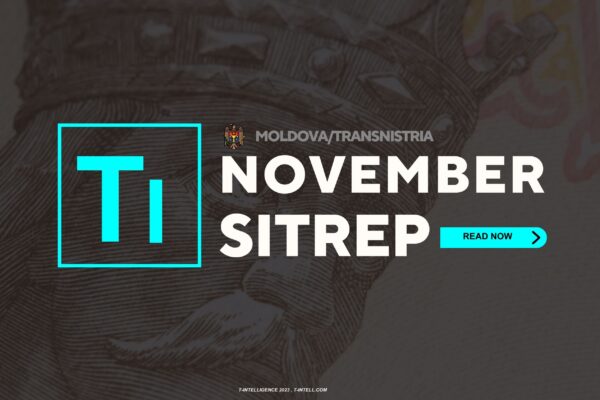
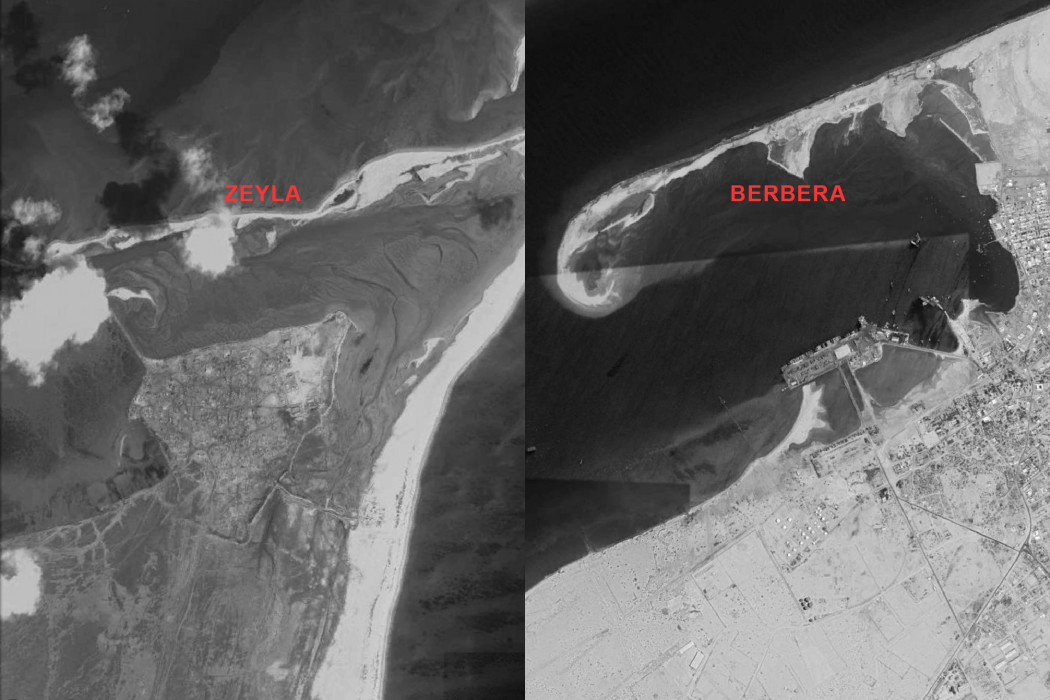
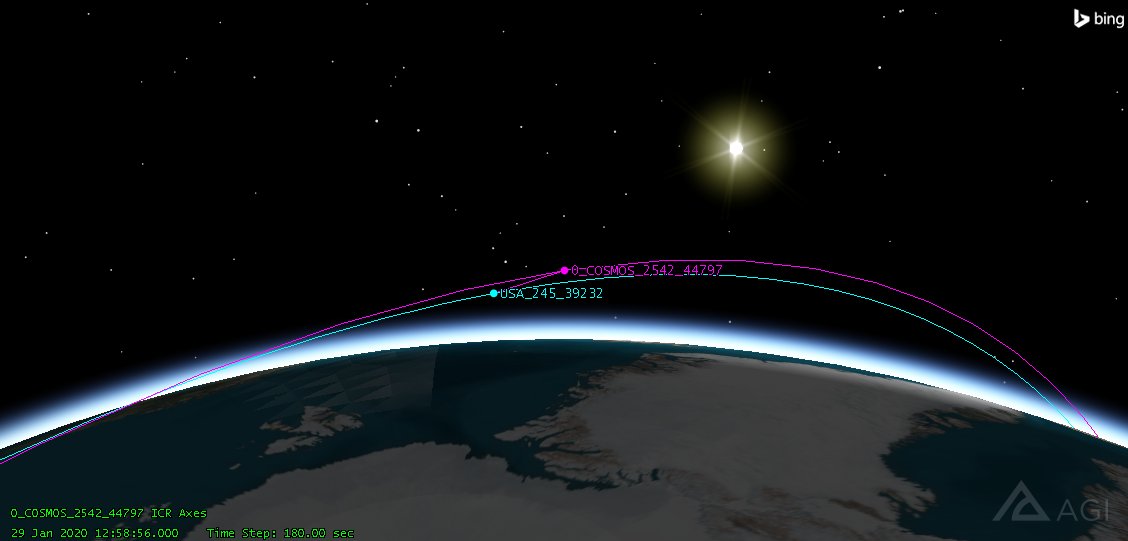
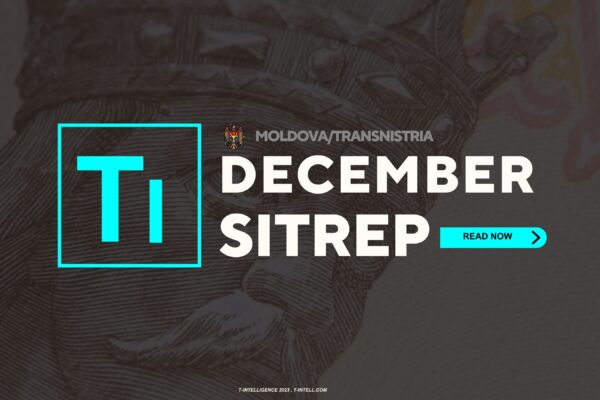
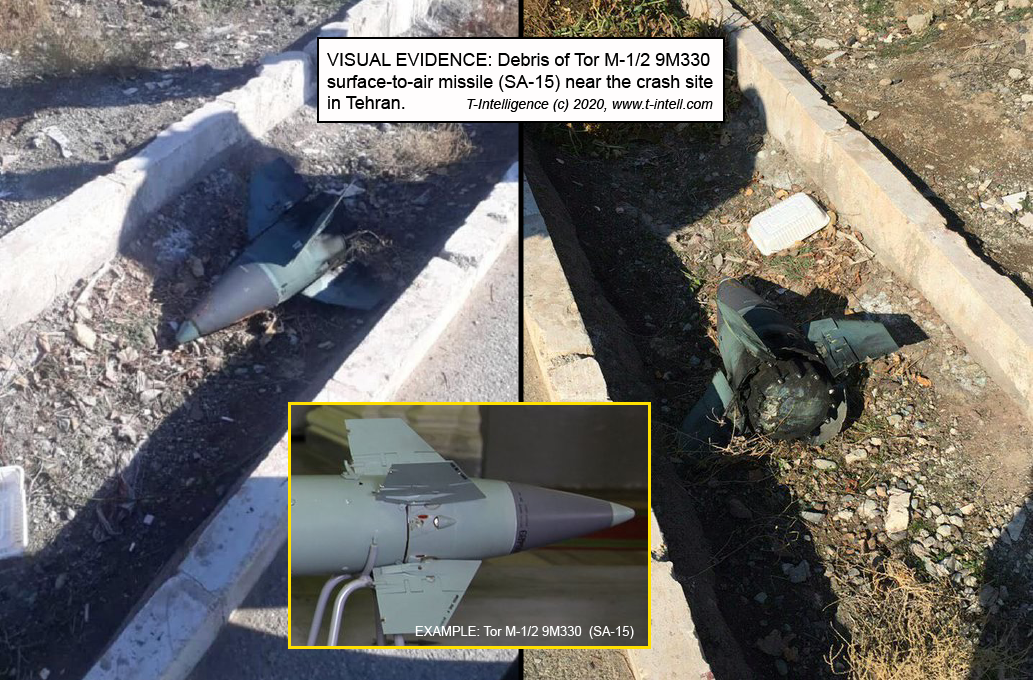
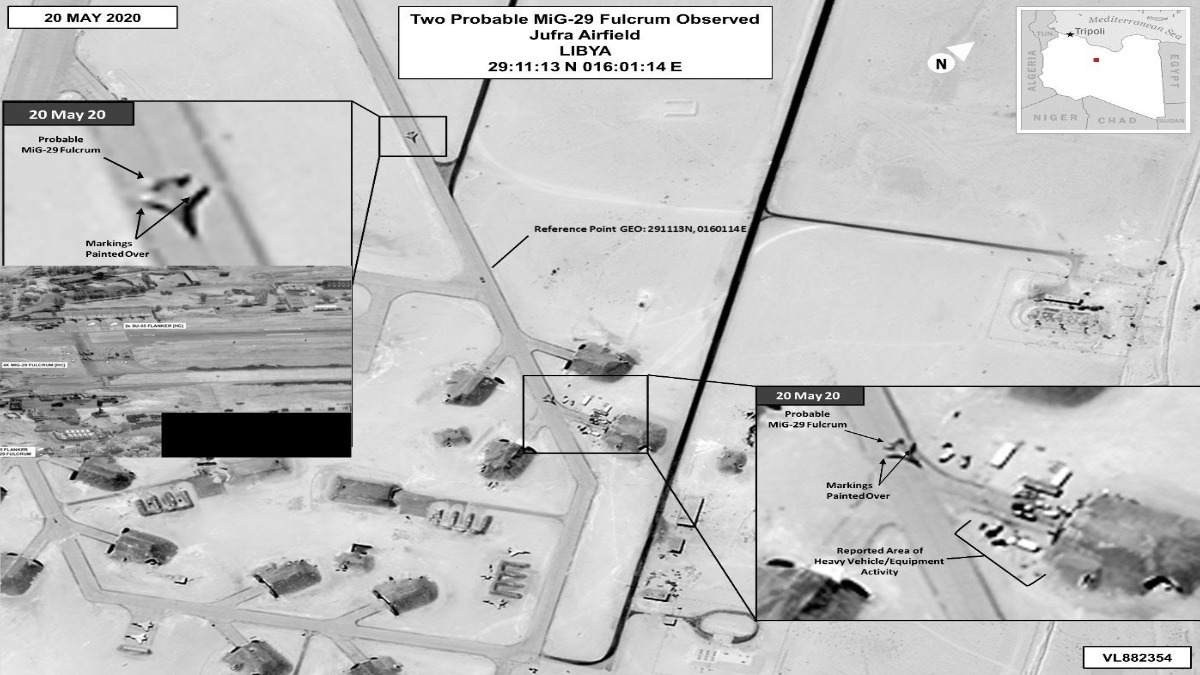
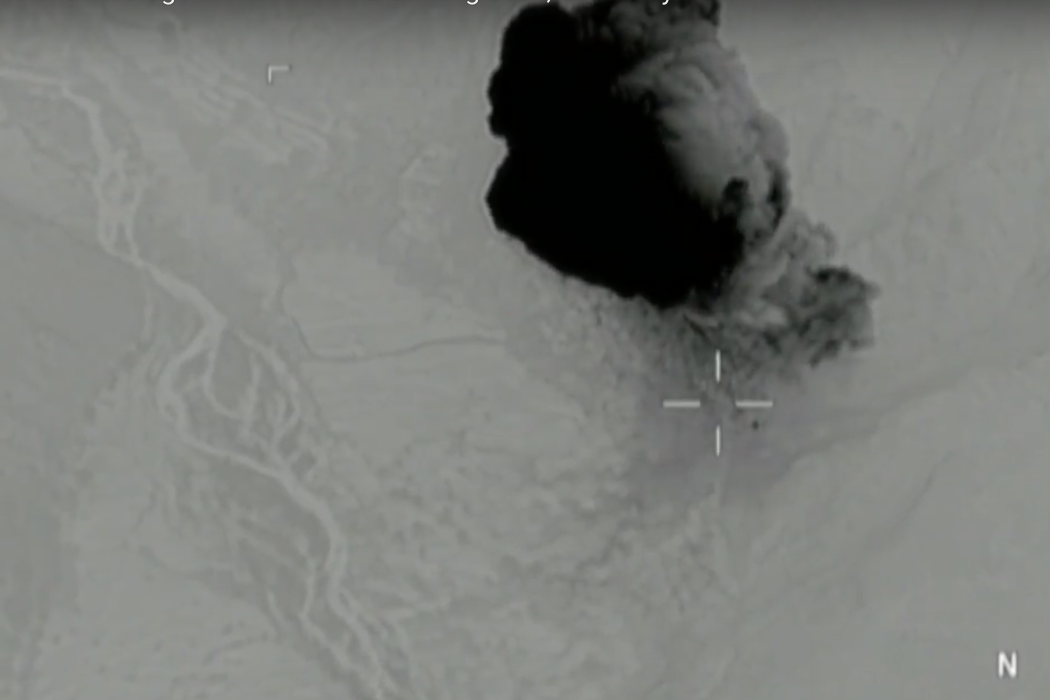

![This is How Iran Bombed Saudi Arabia [PRELIMINARY ASSESSMENT]](https://t-intell.com/wp-content/uploads/2019/09/map4cover-01-compressor.png)
